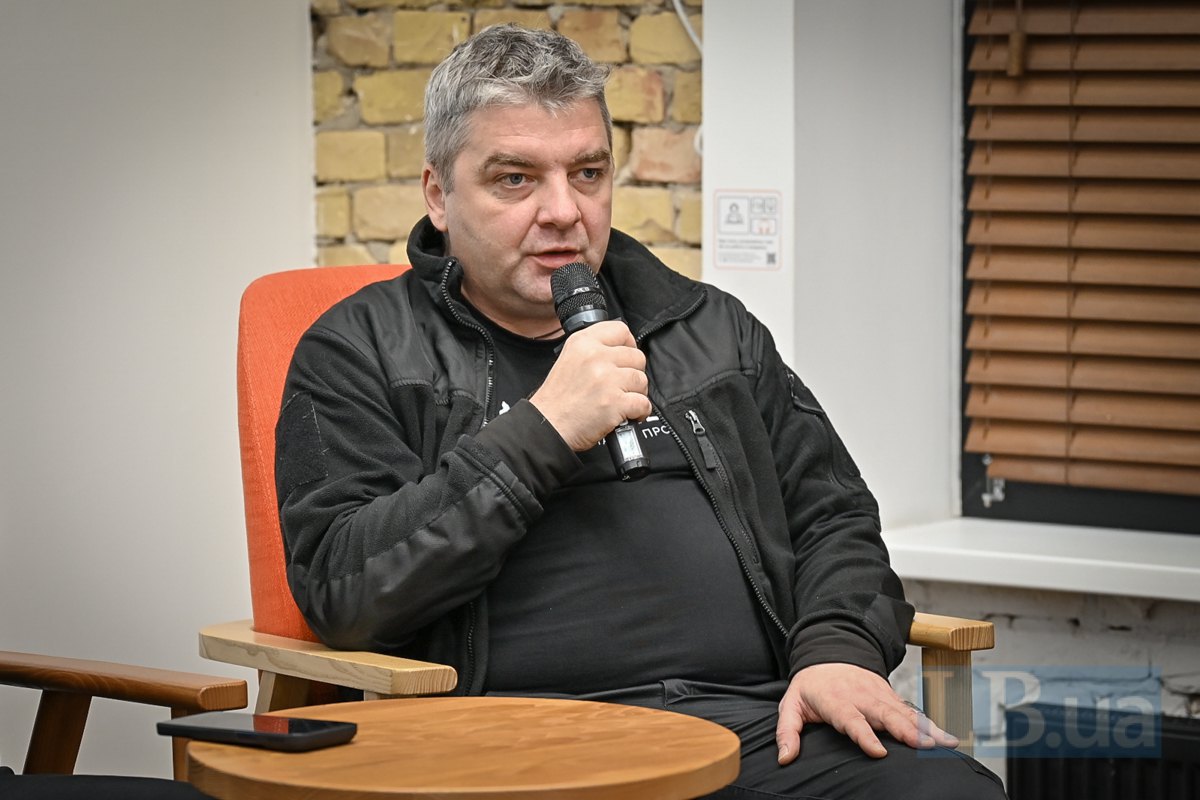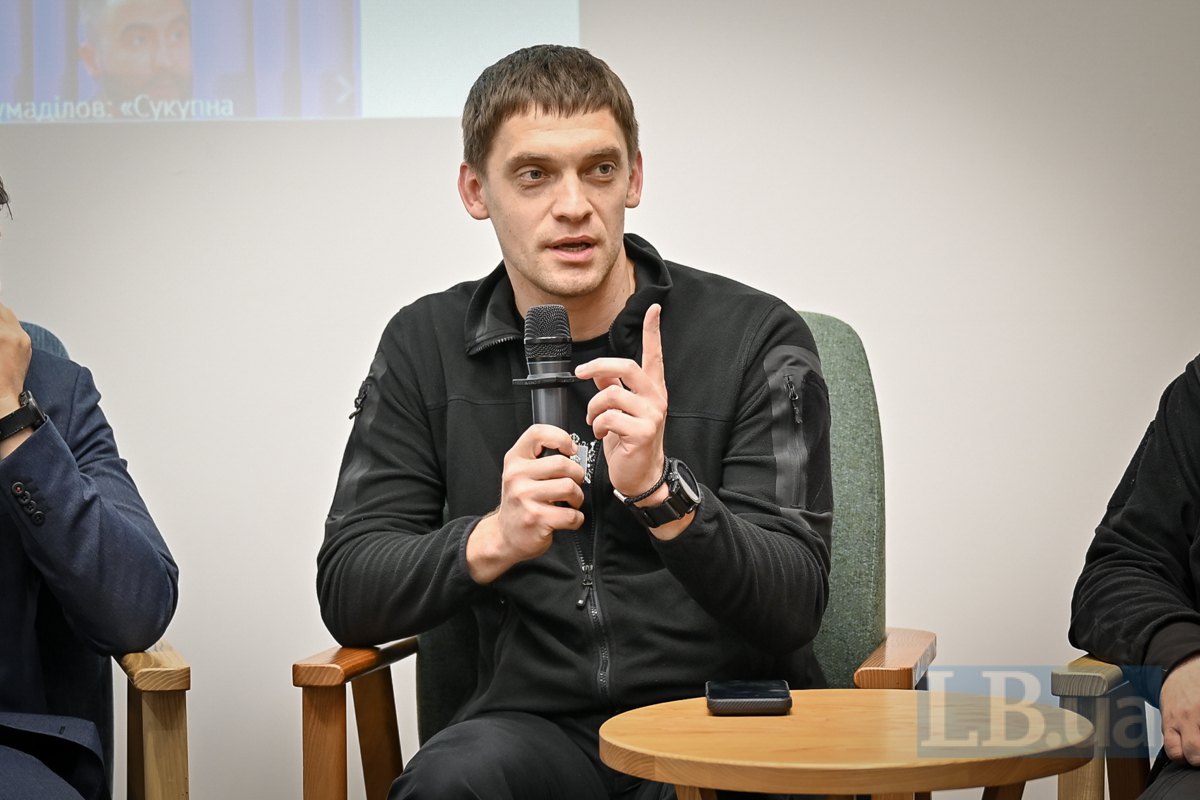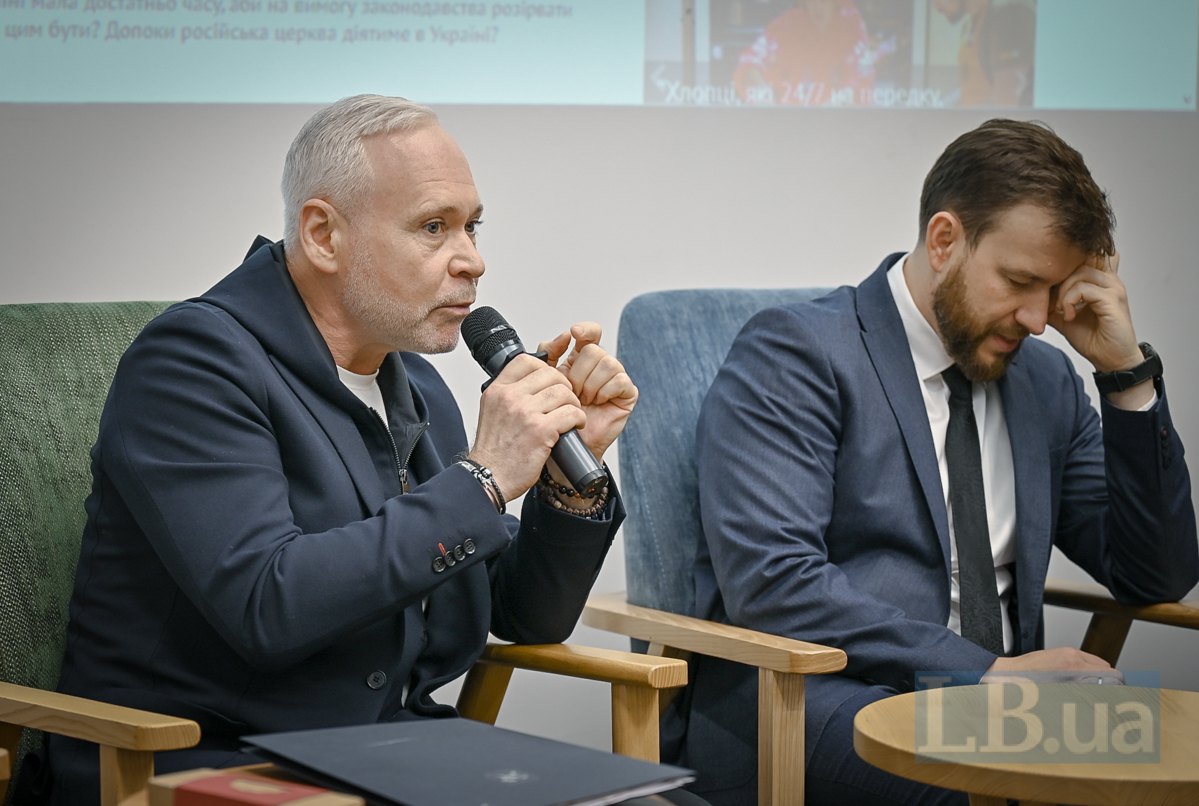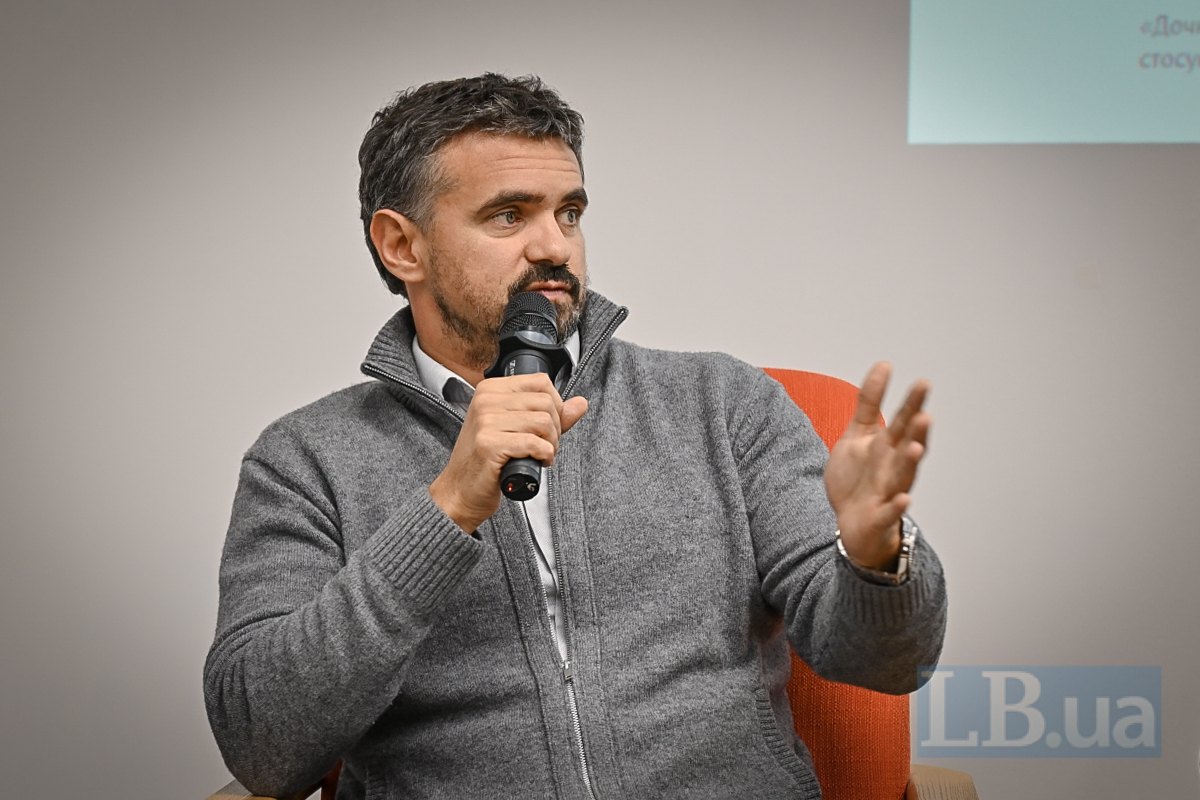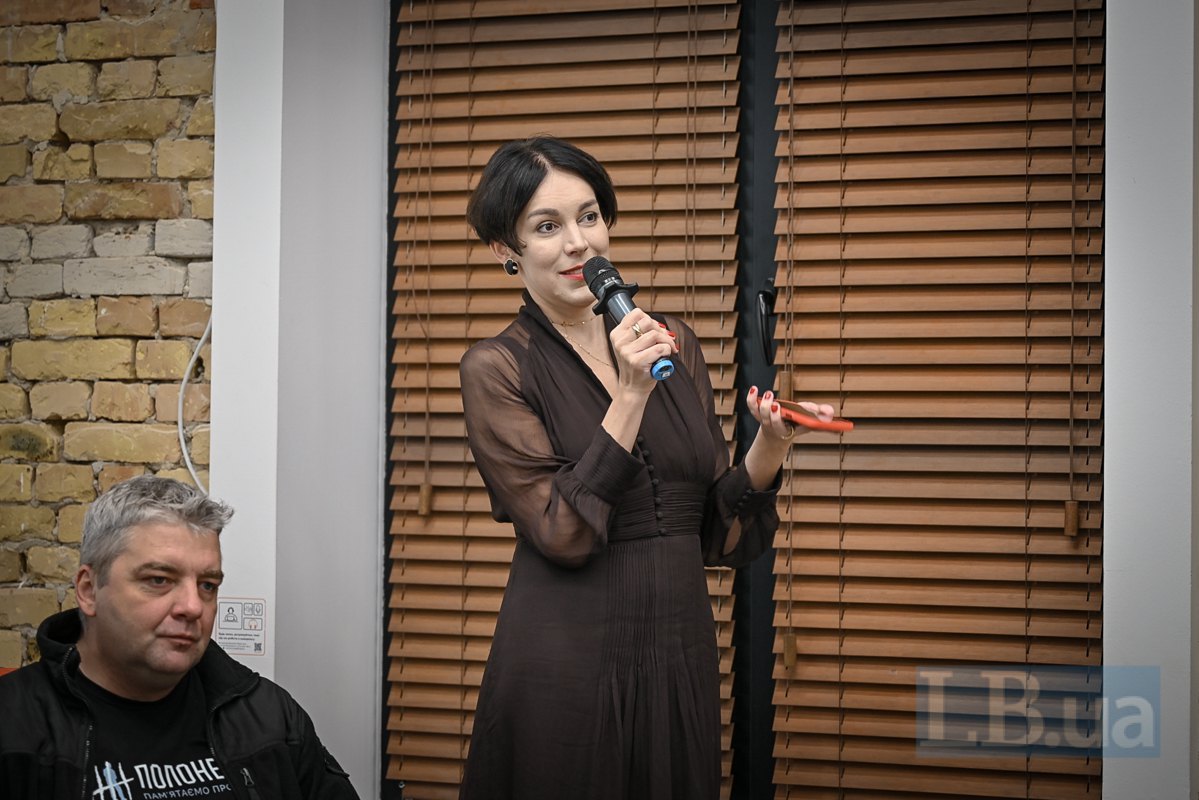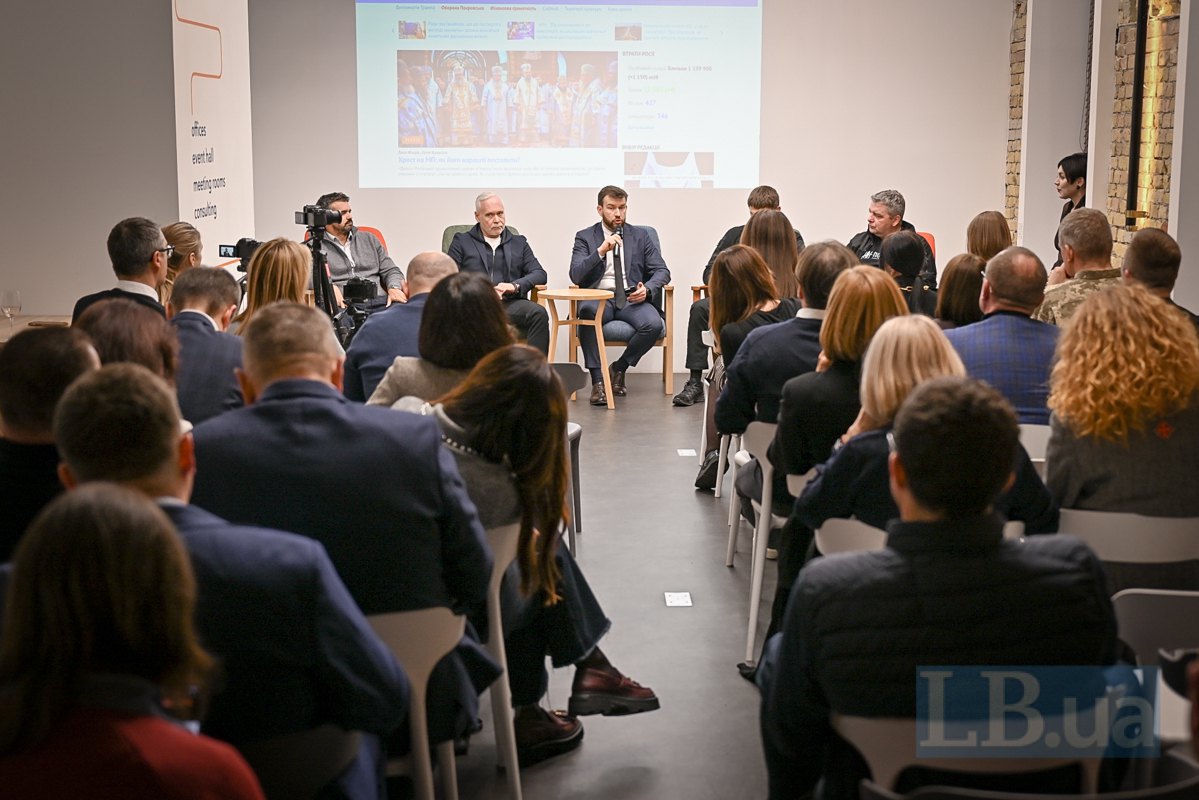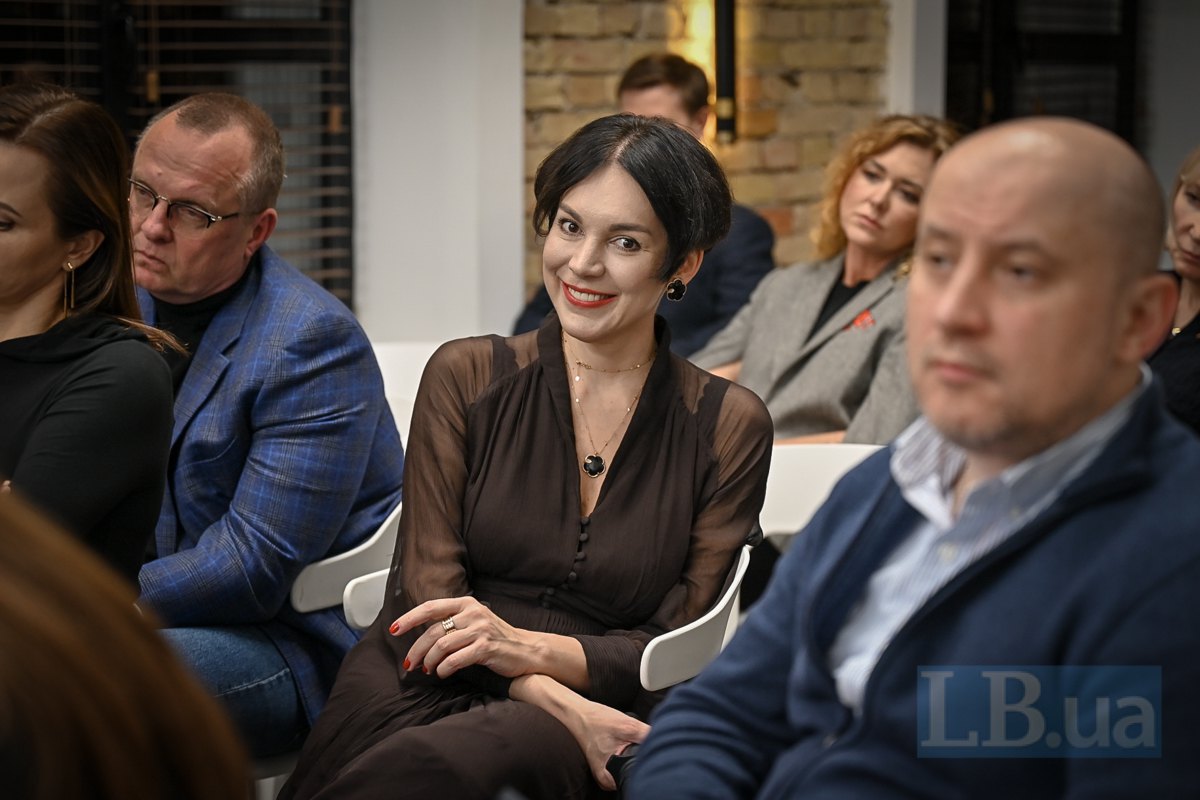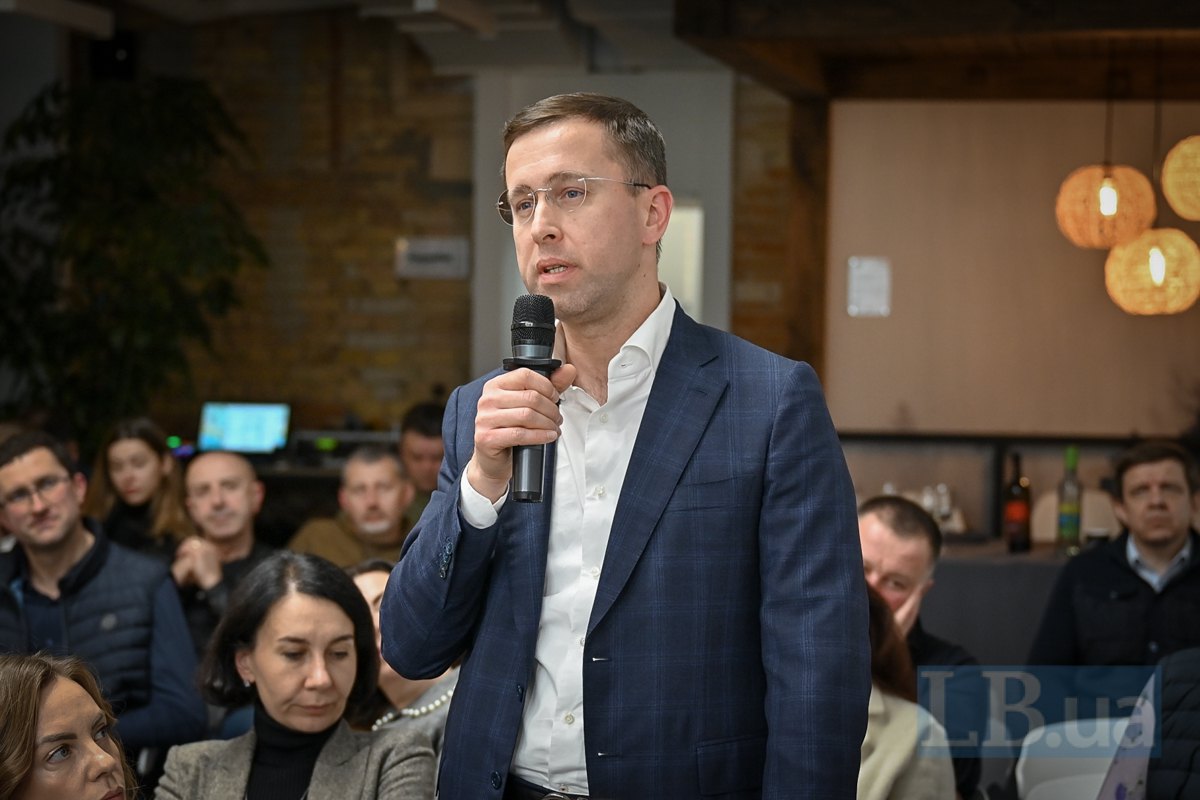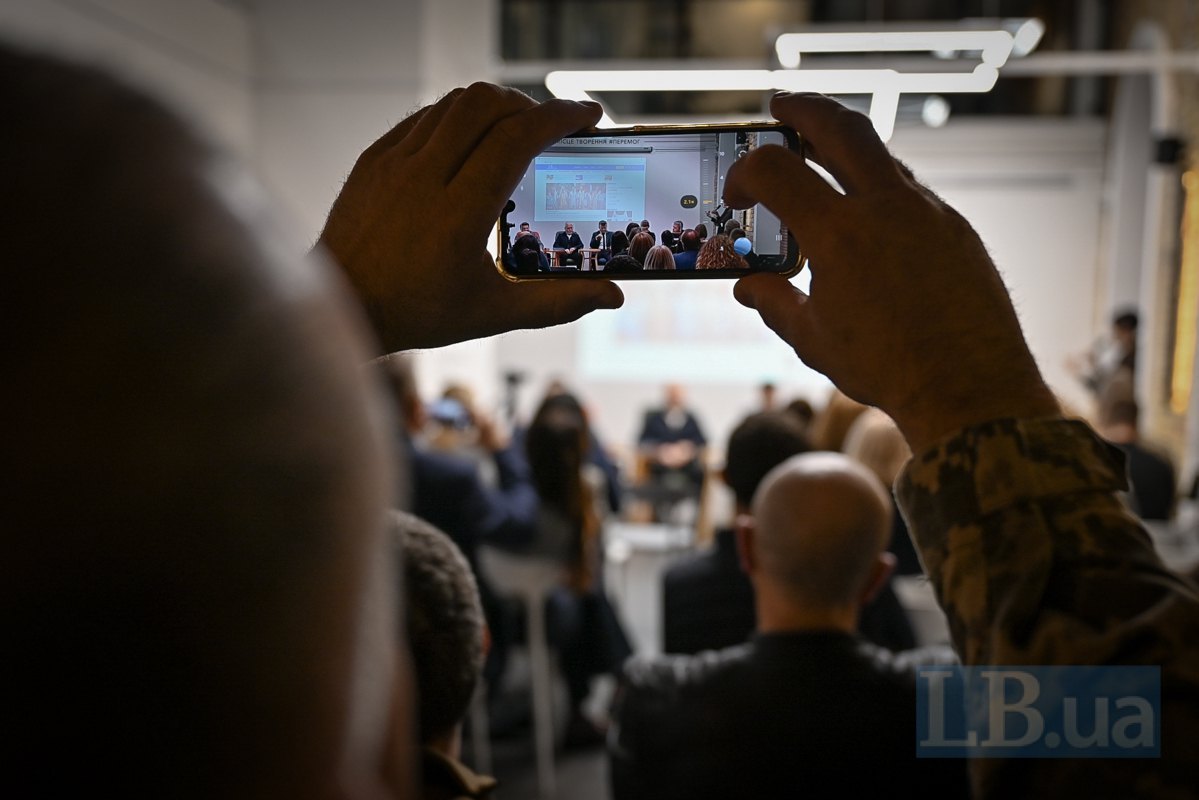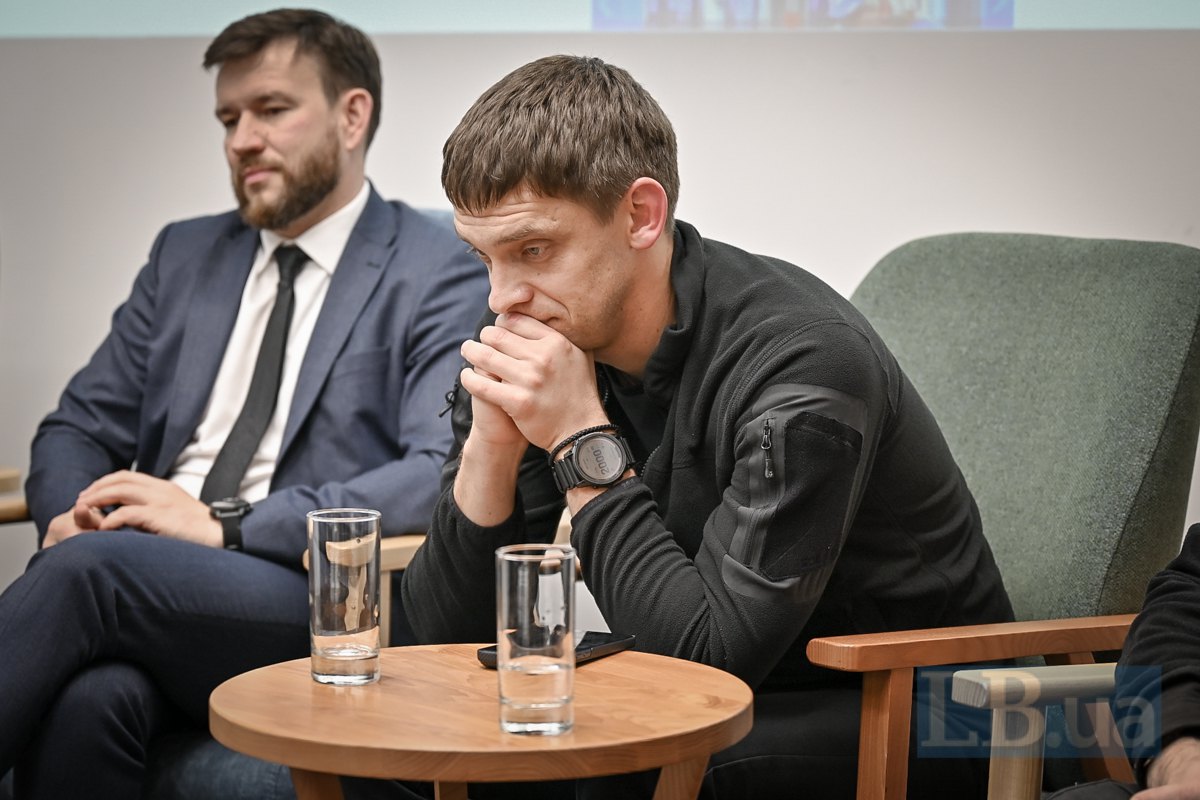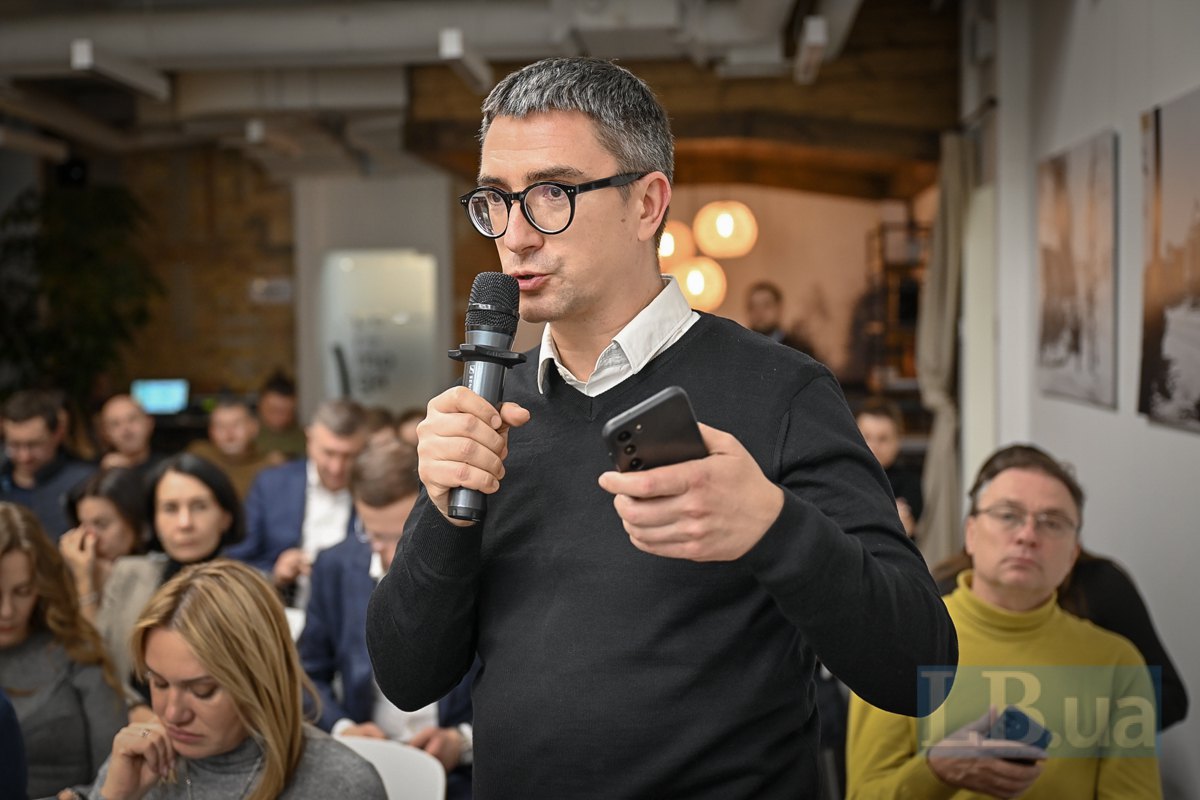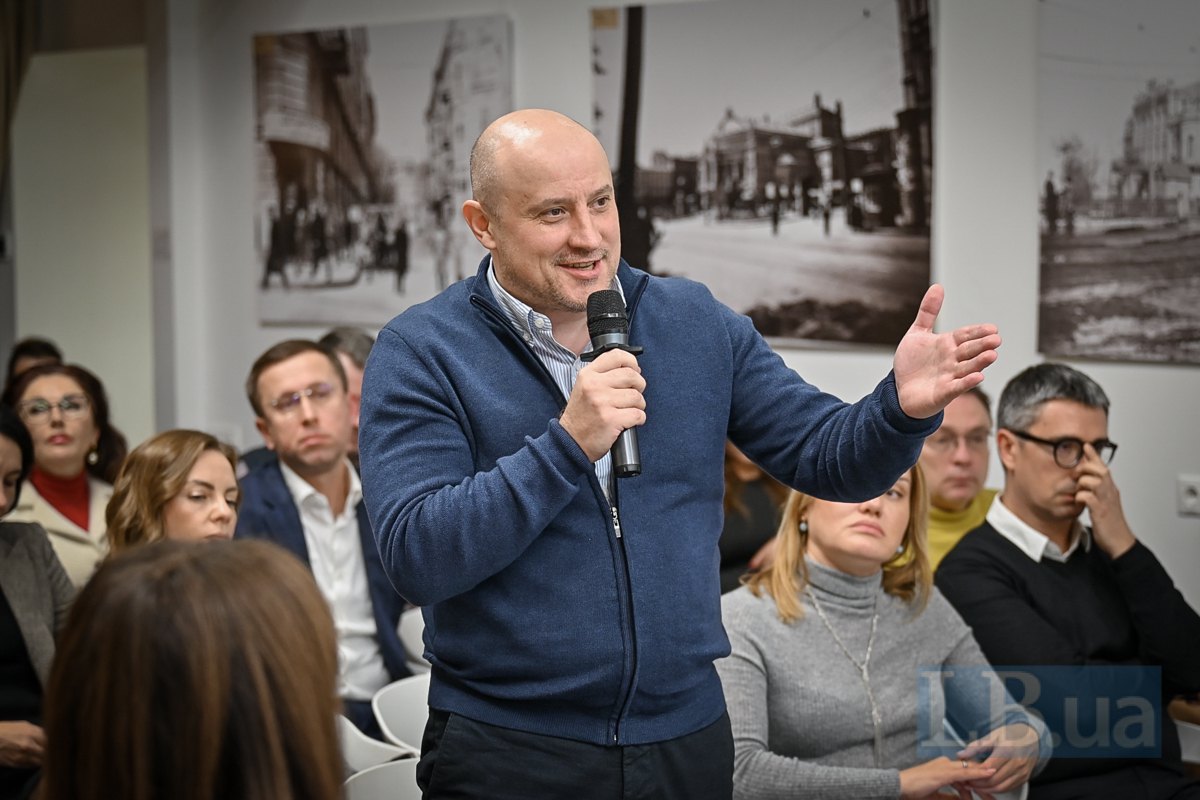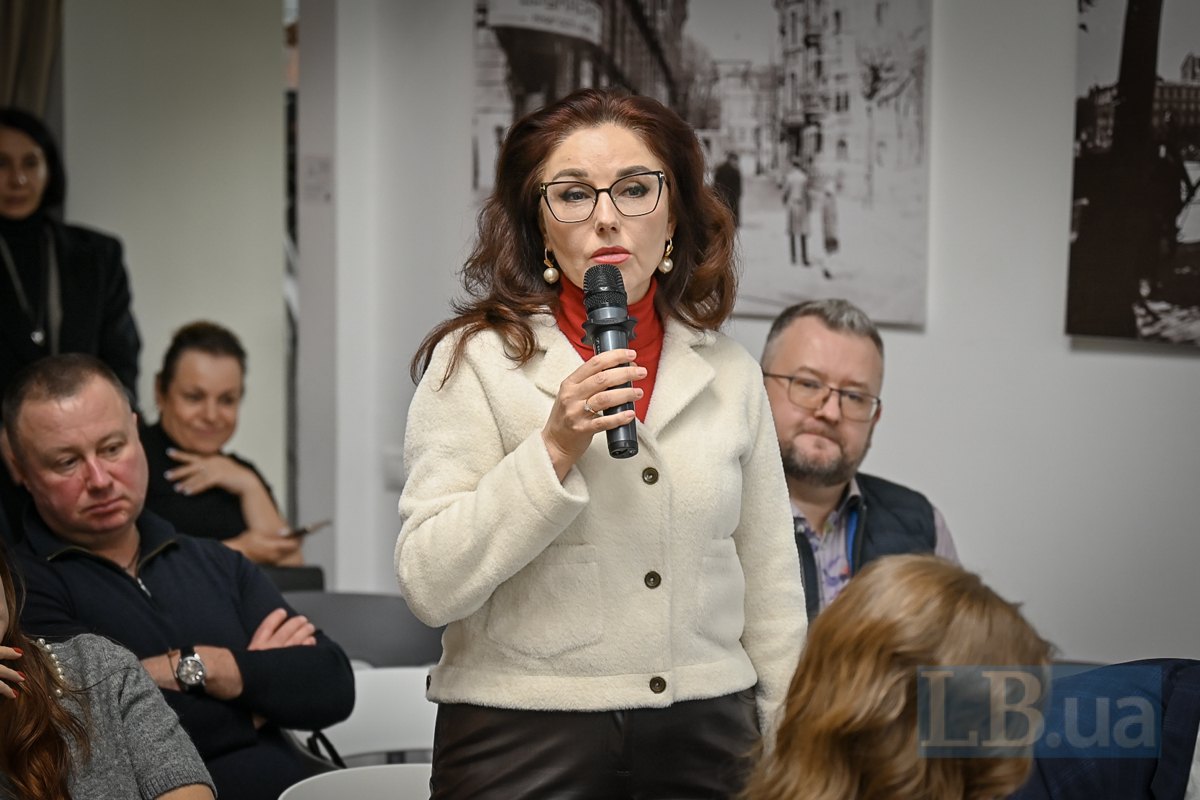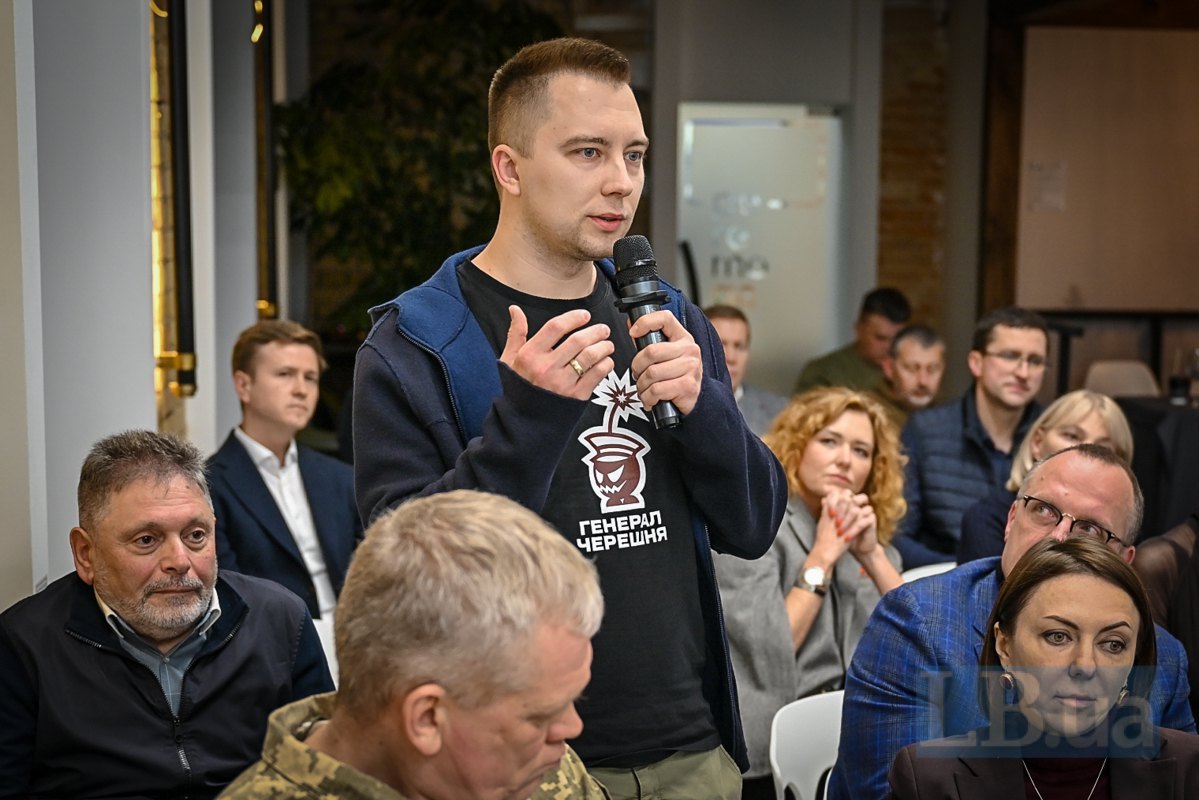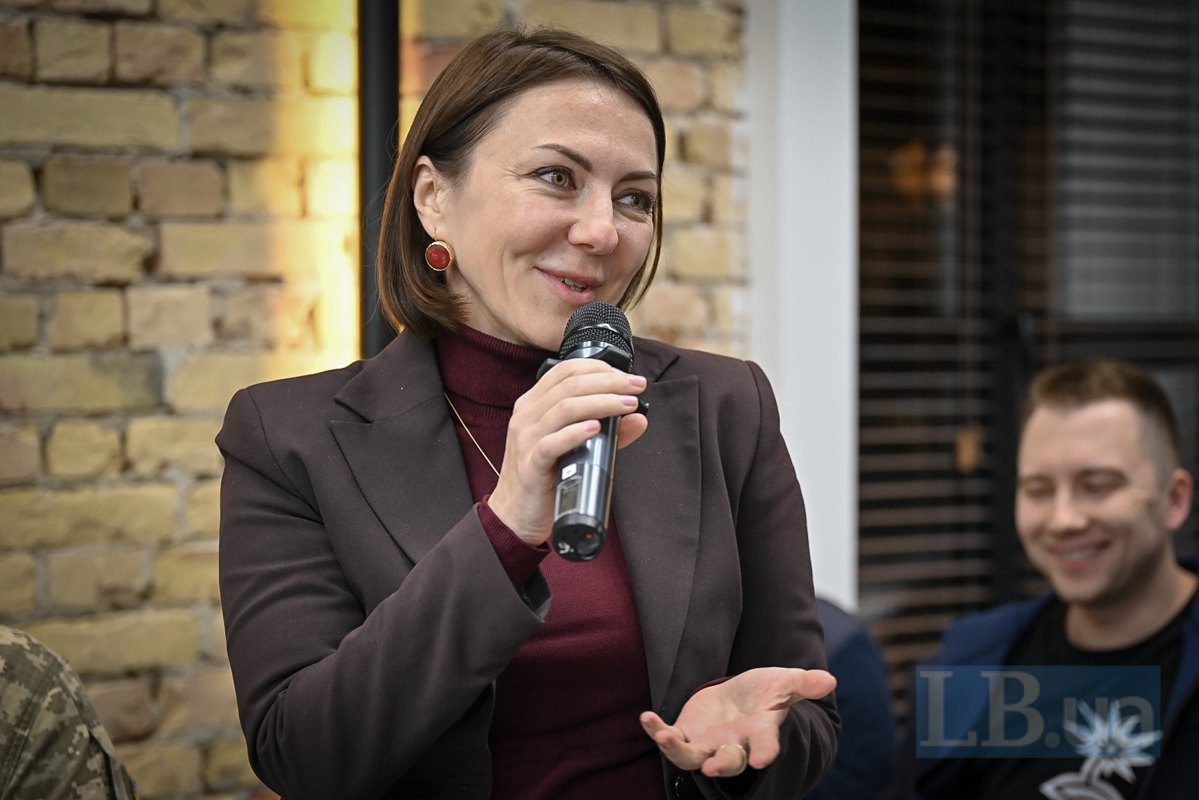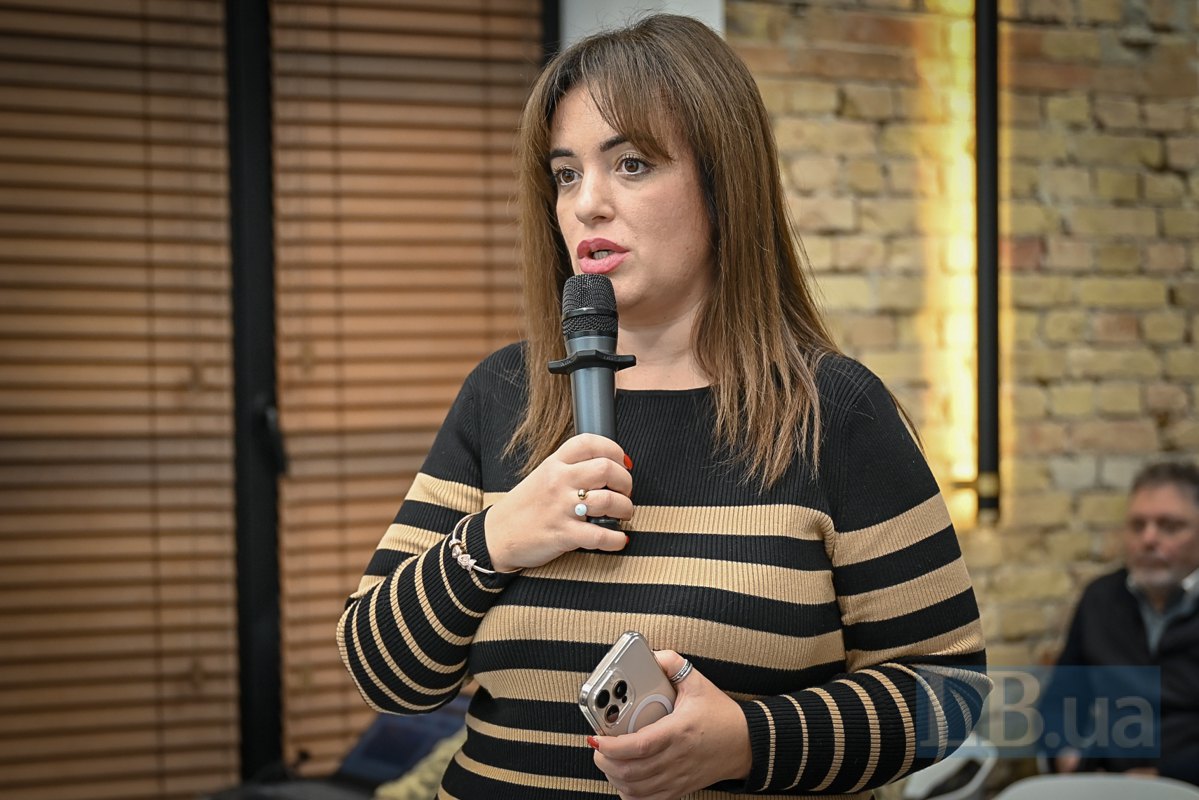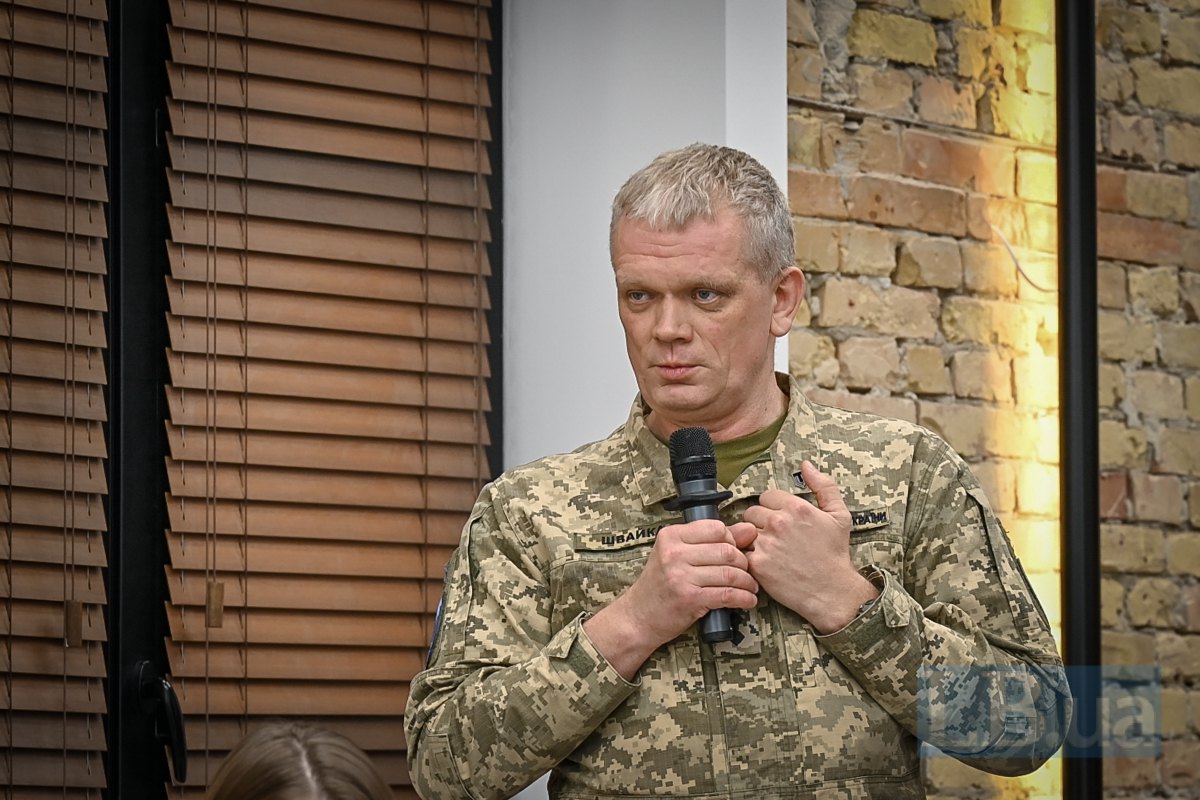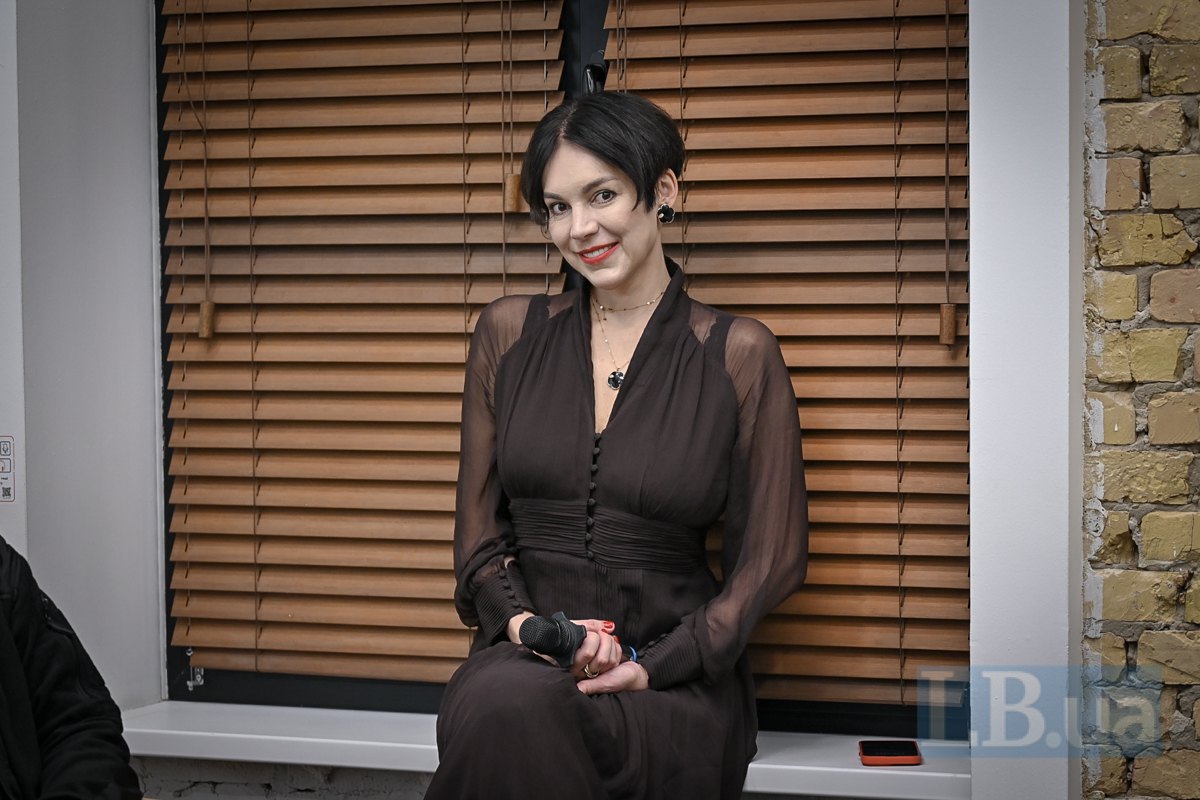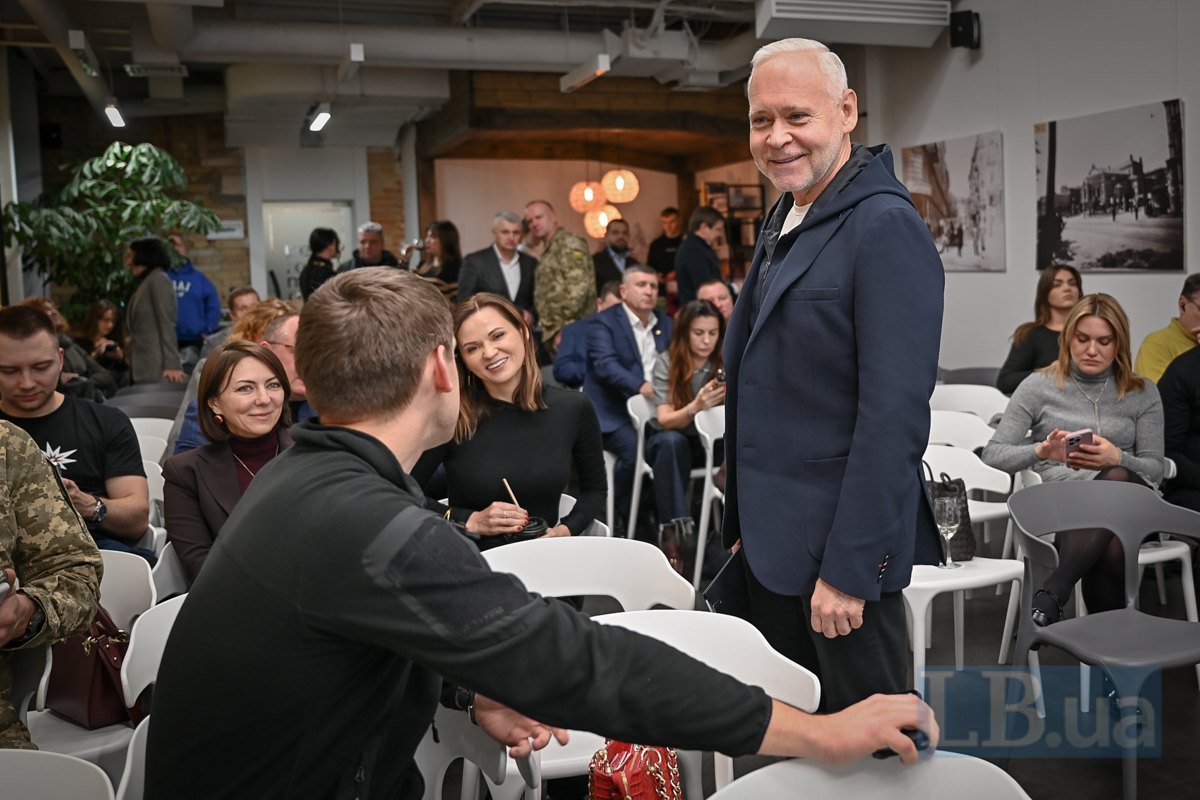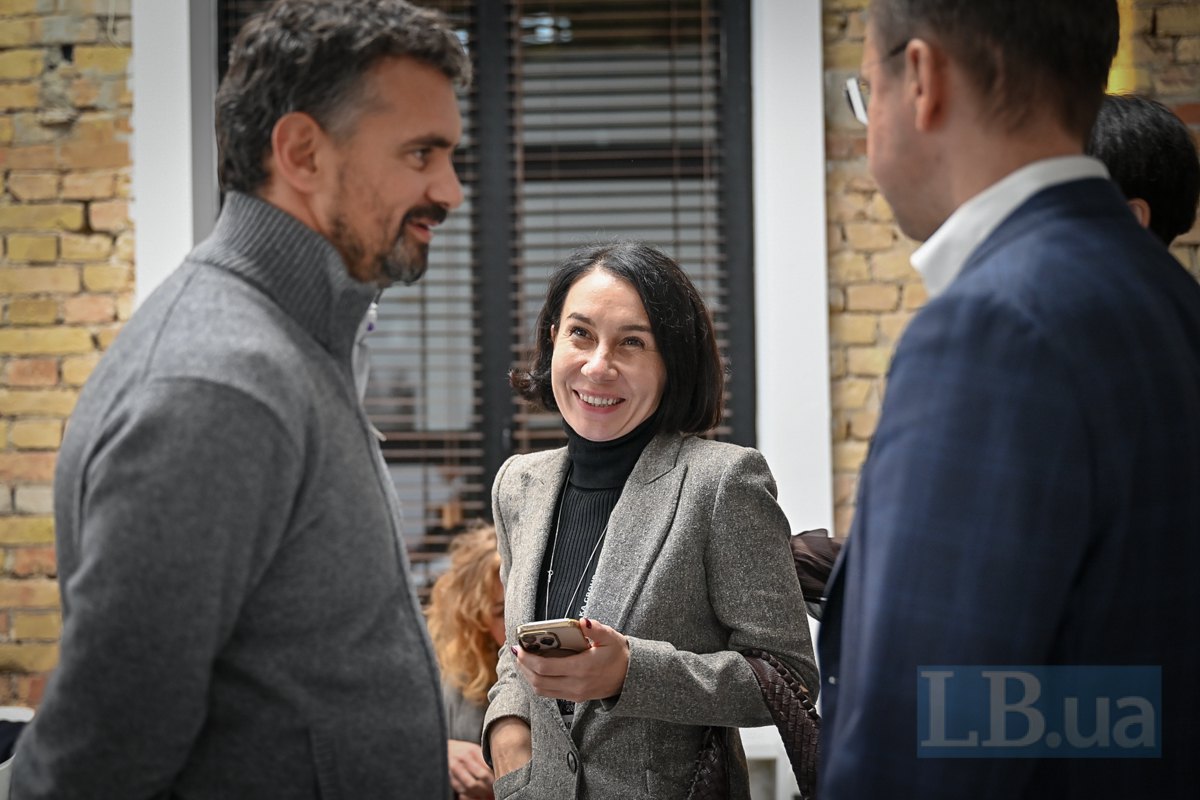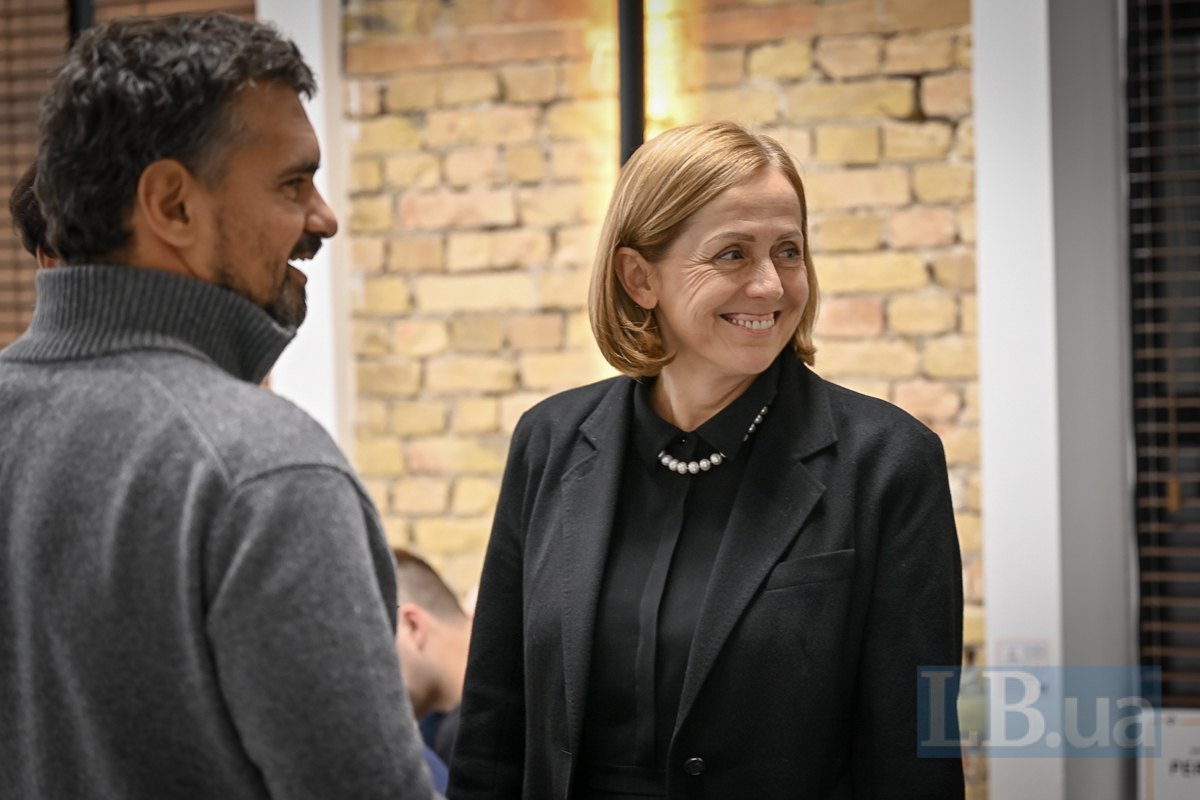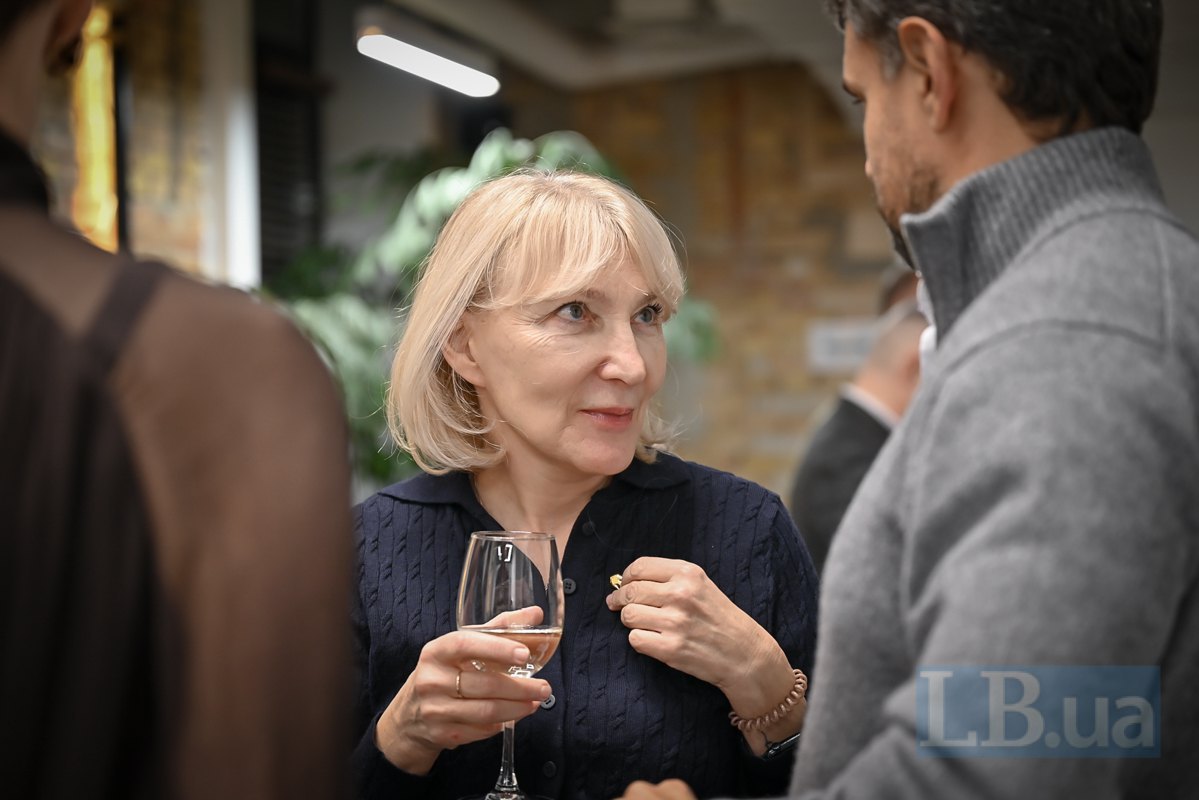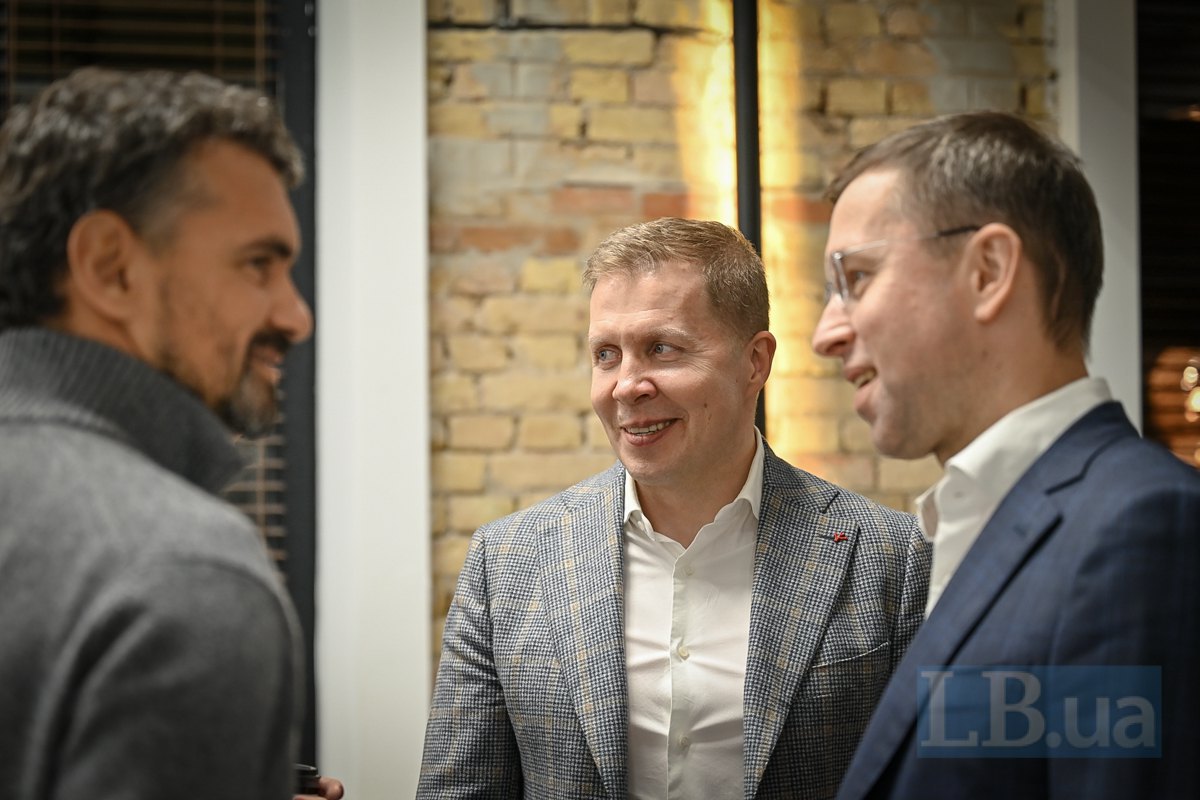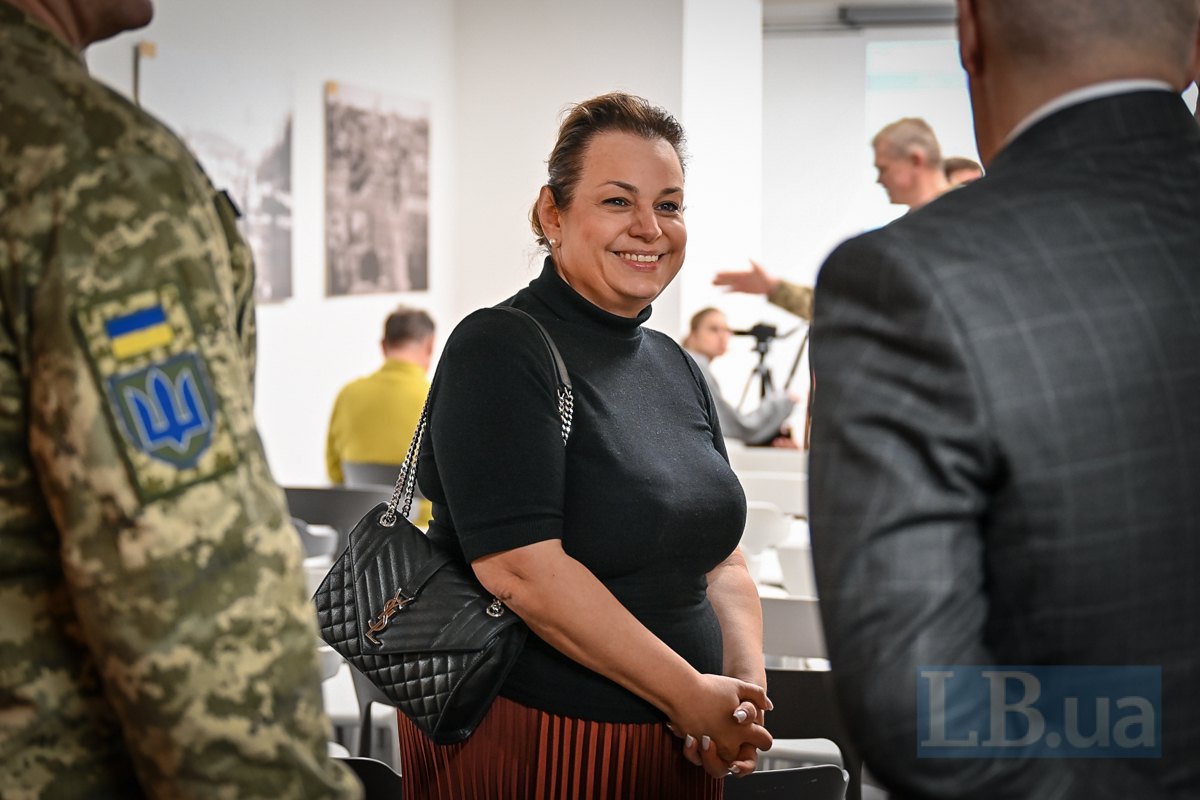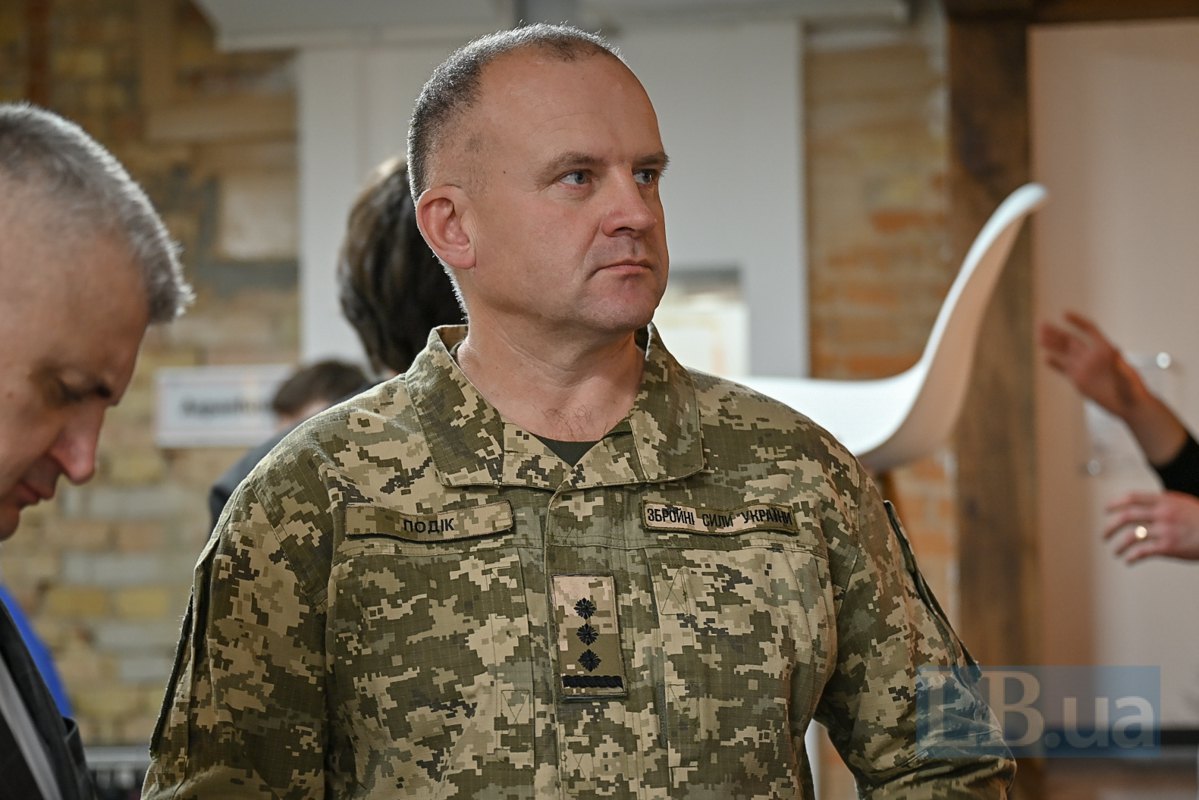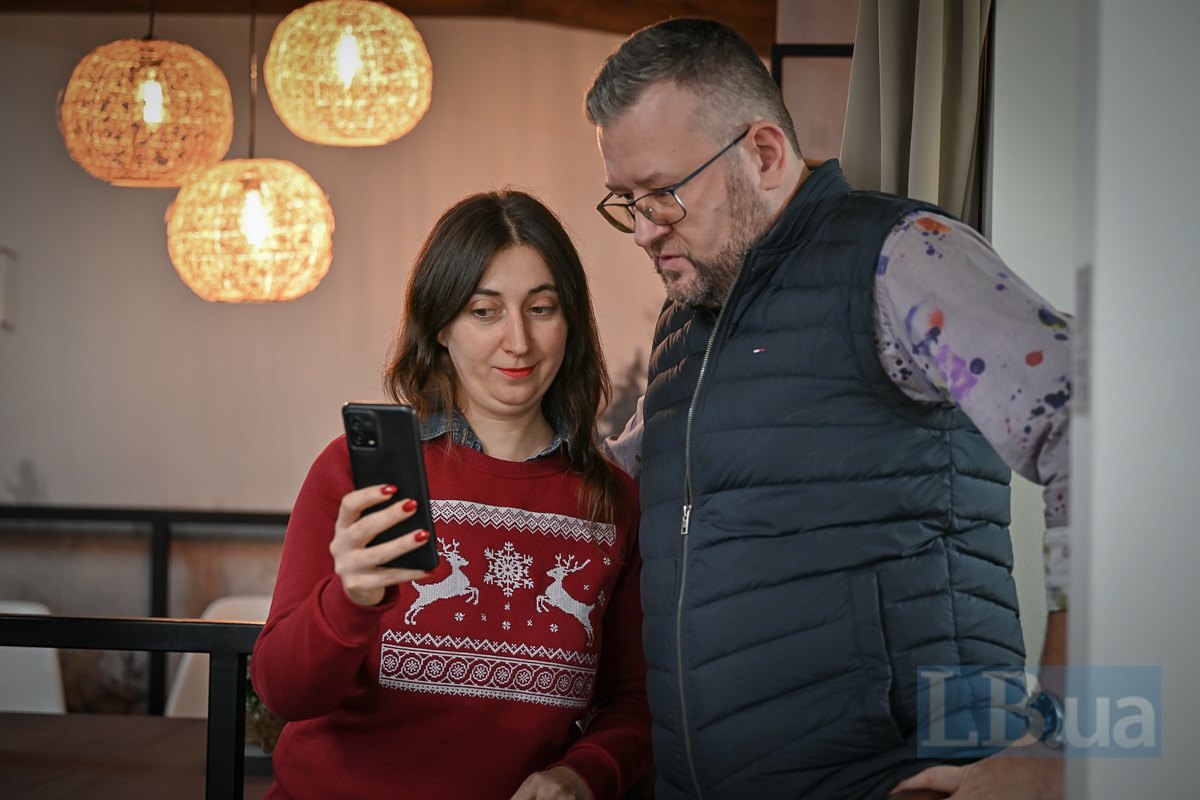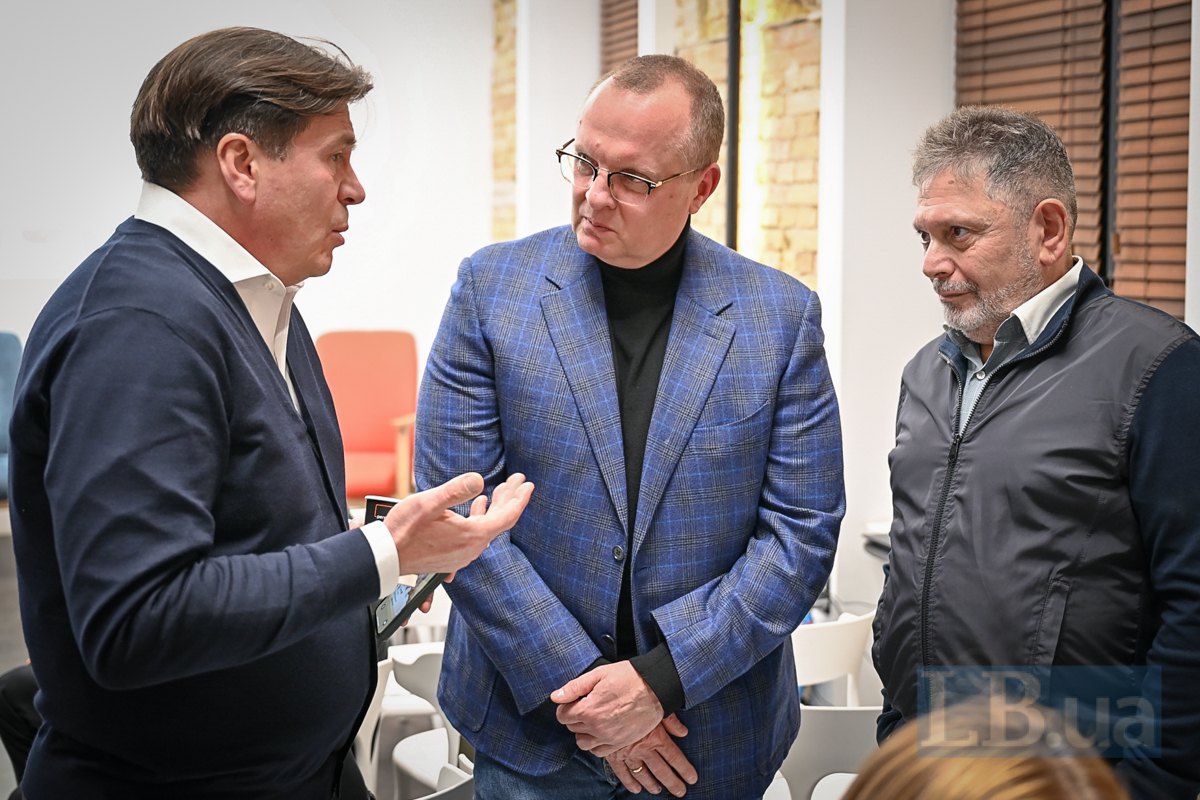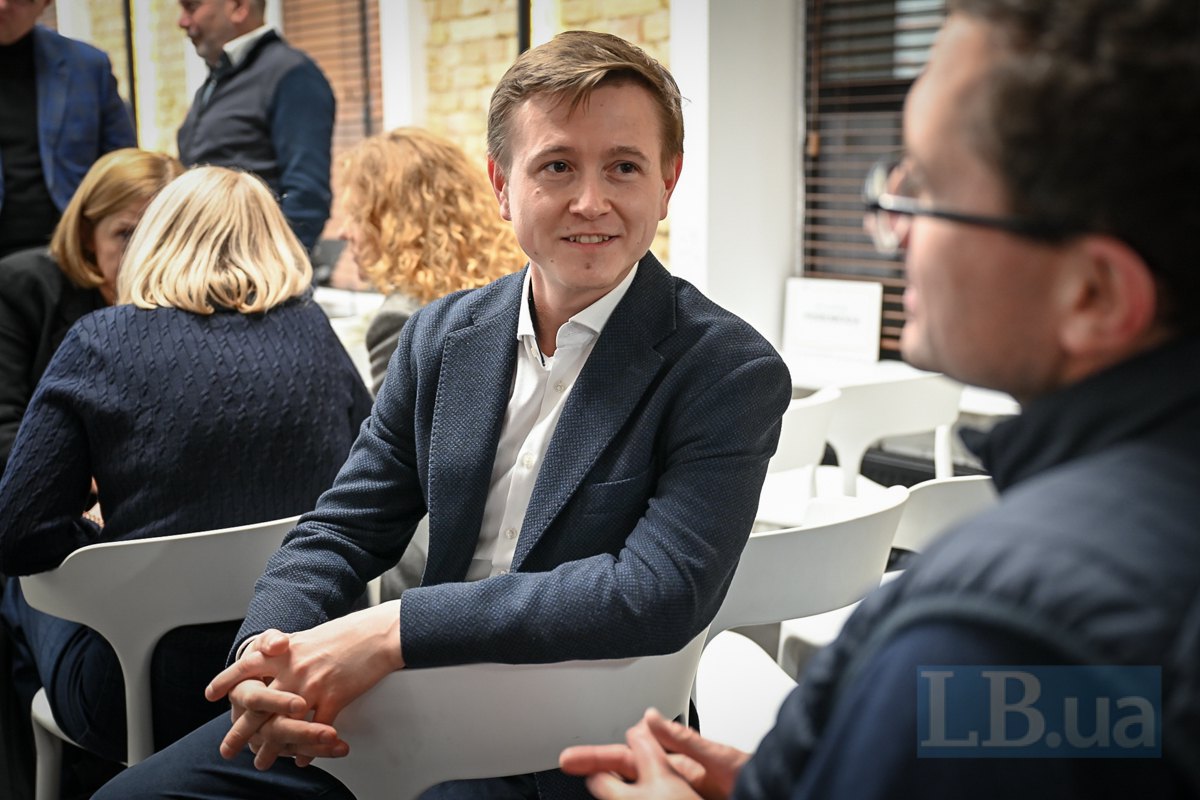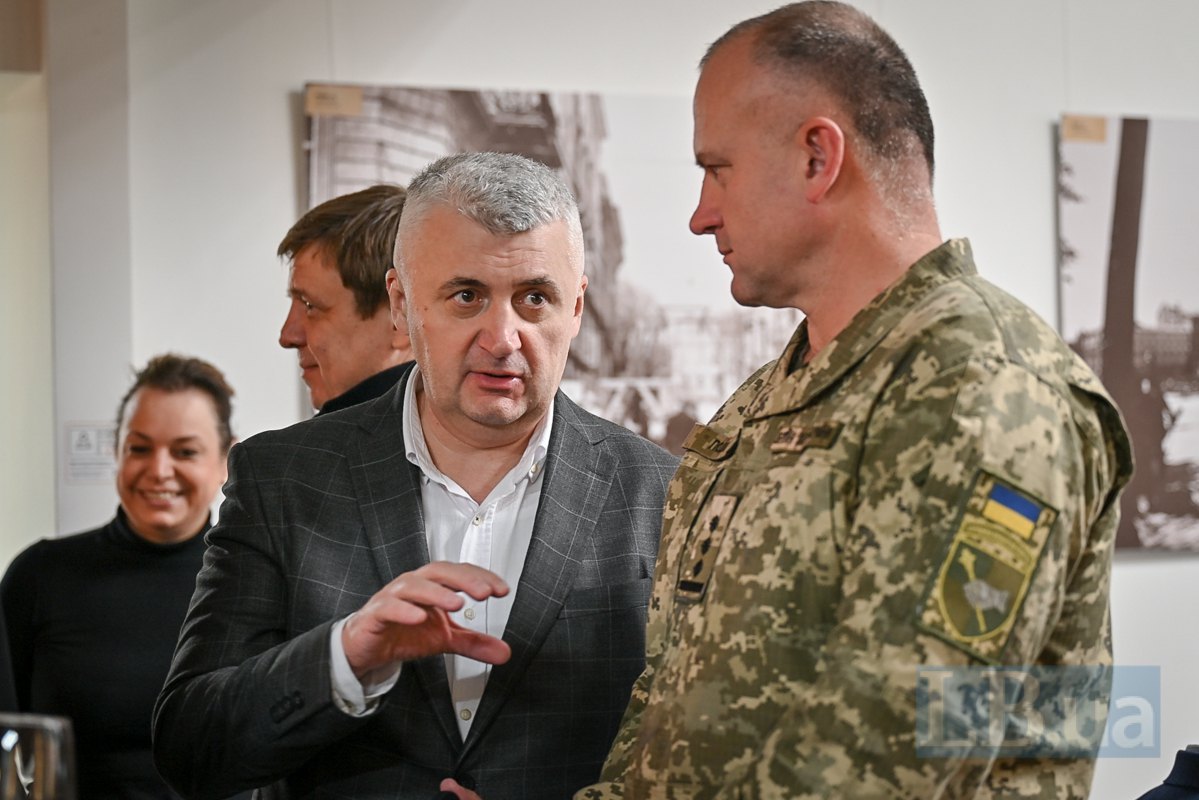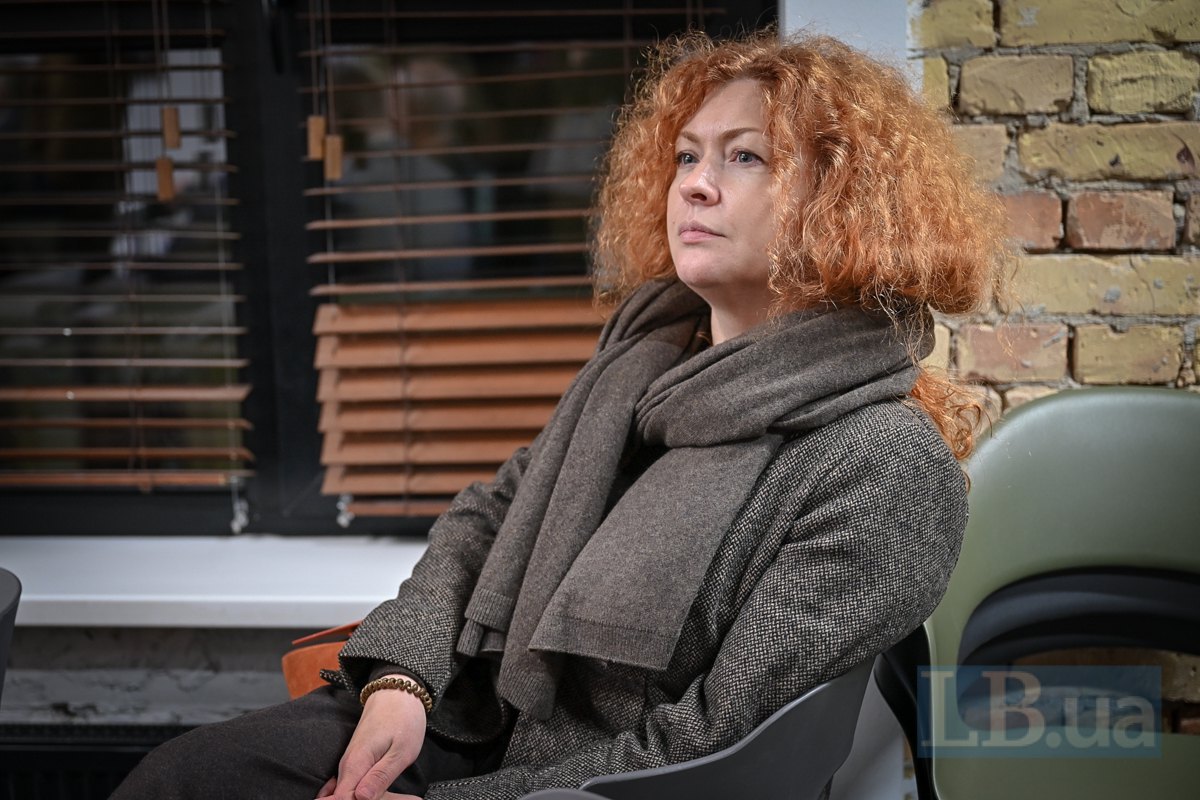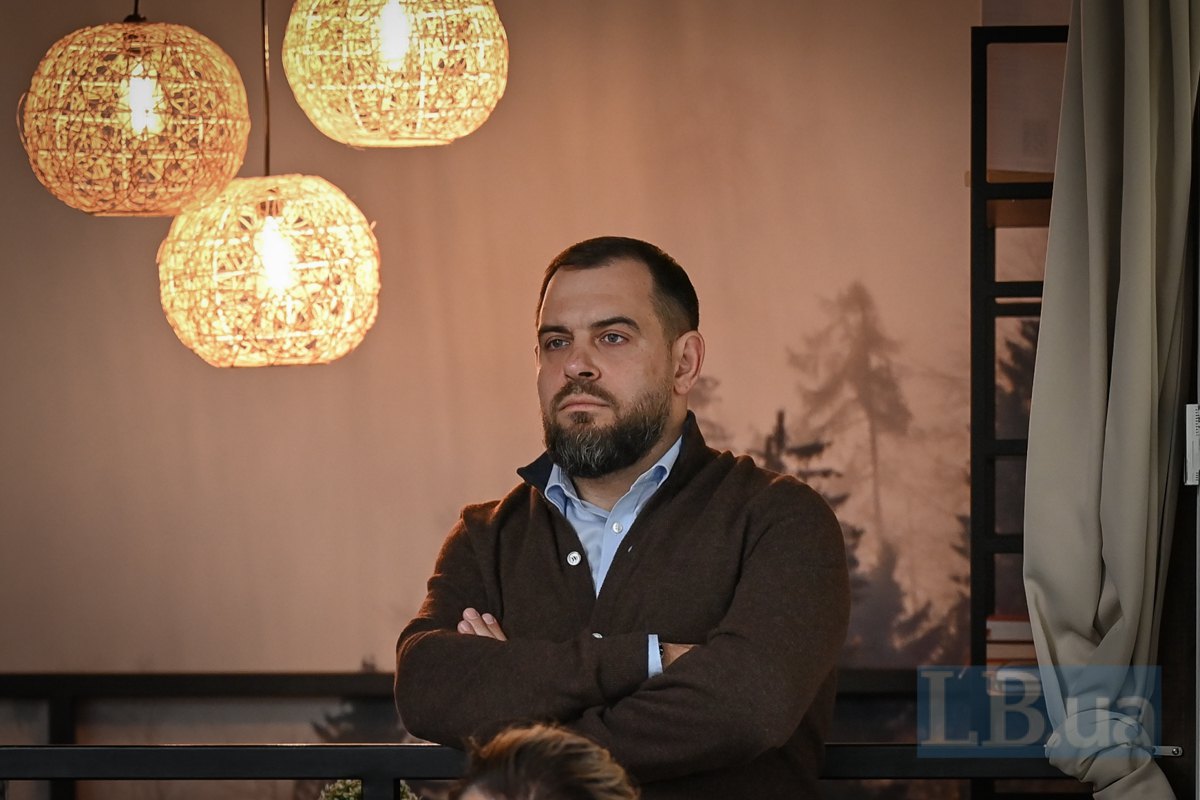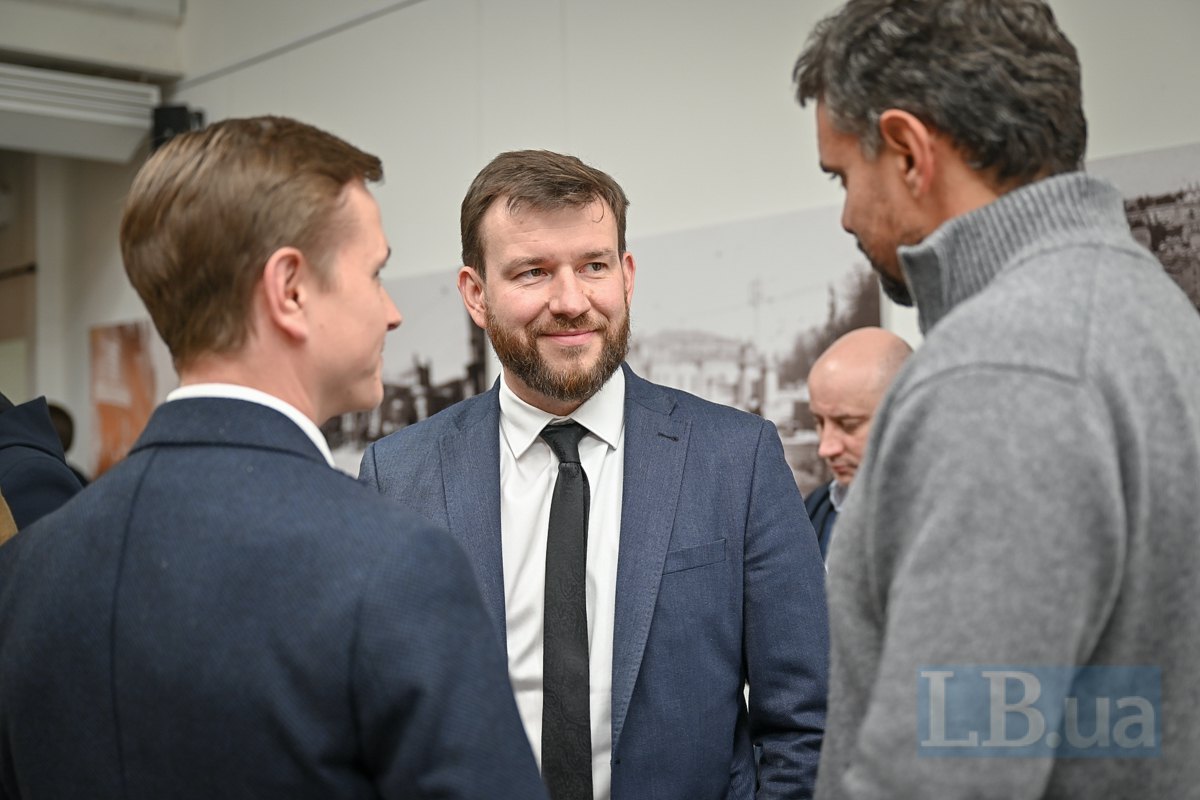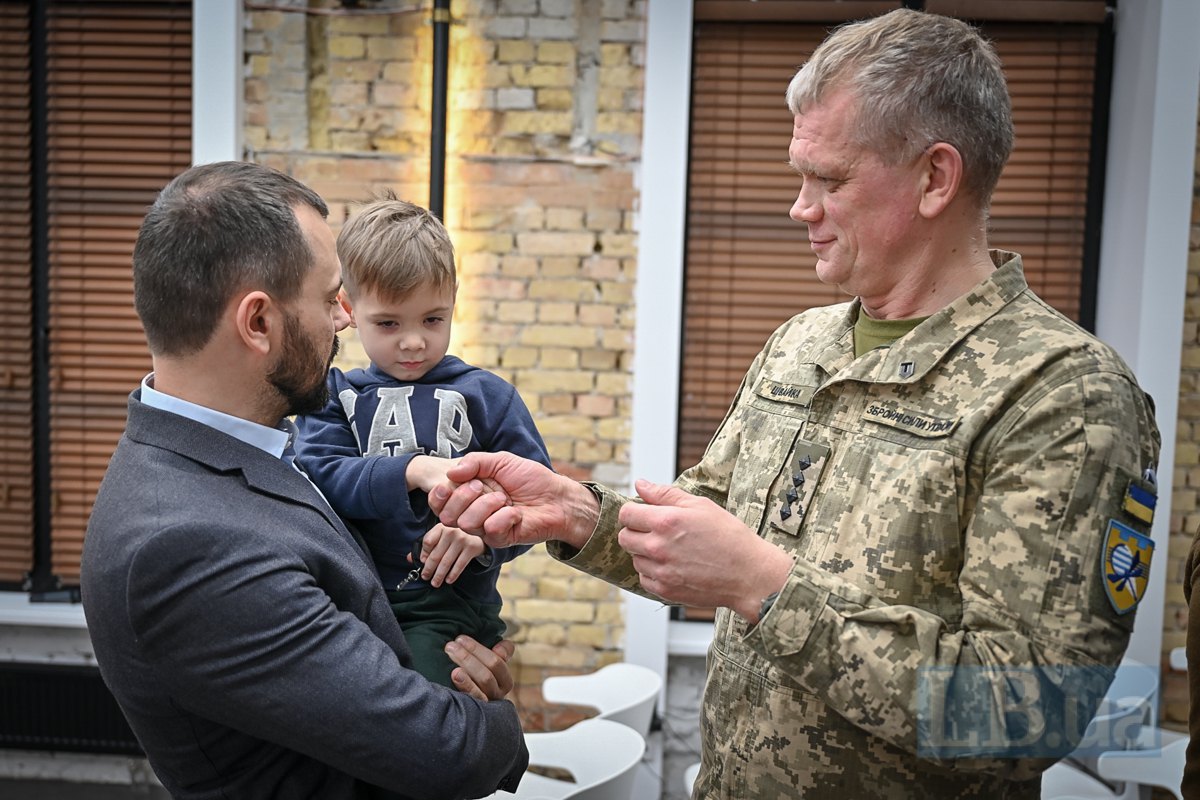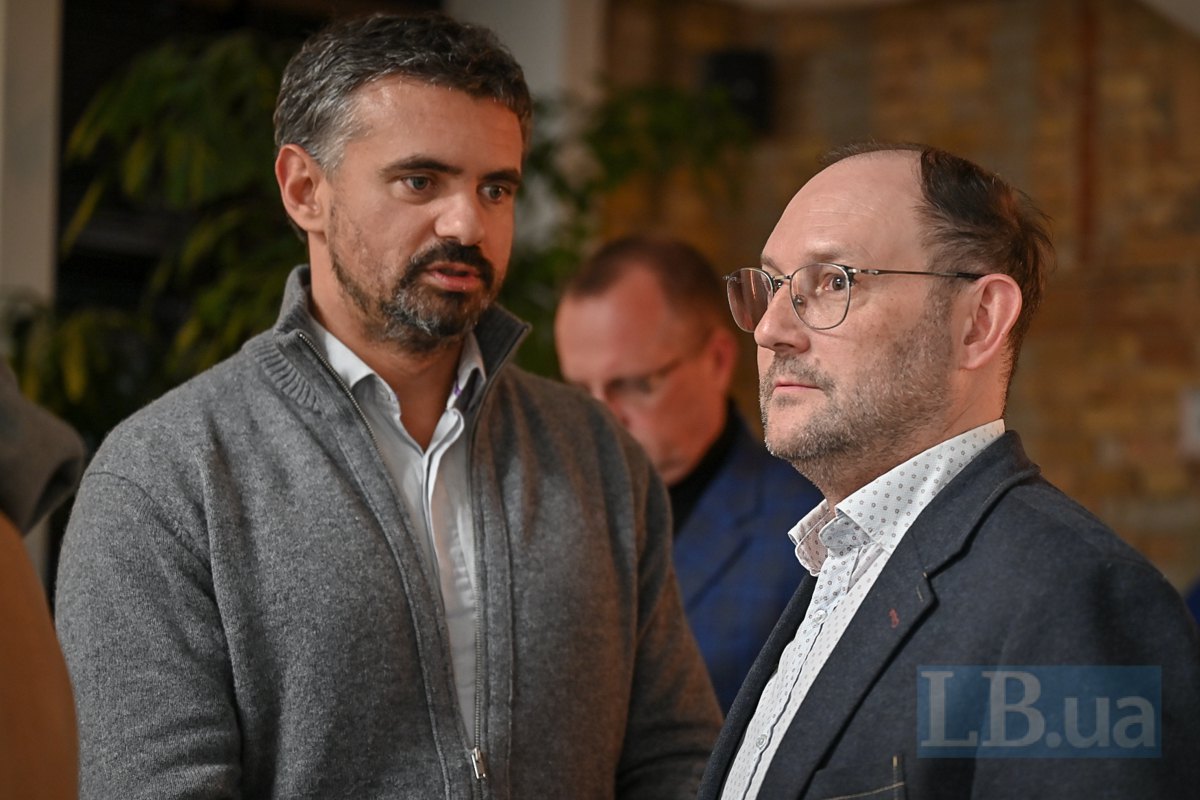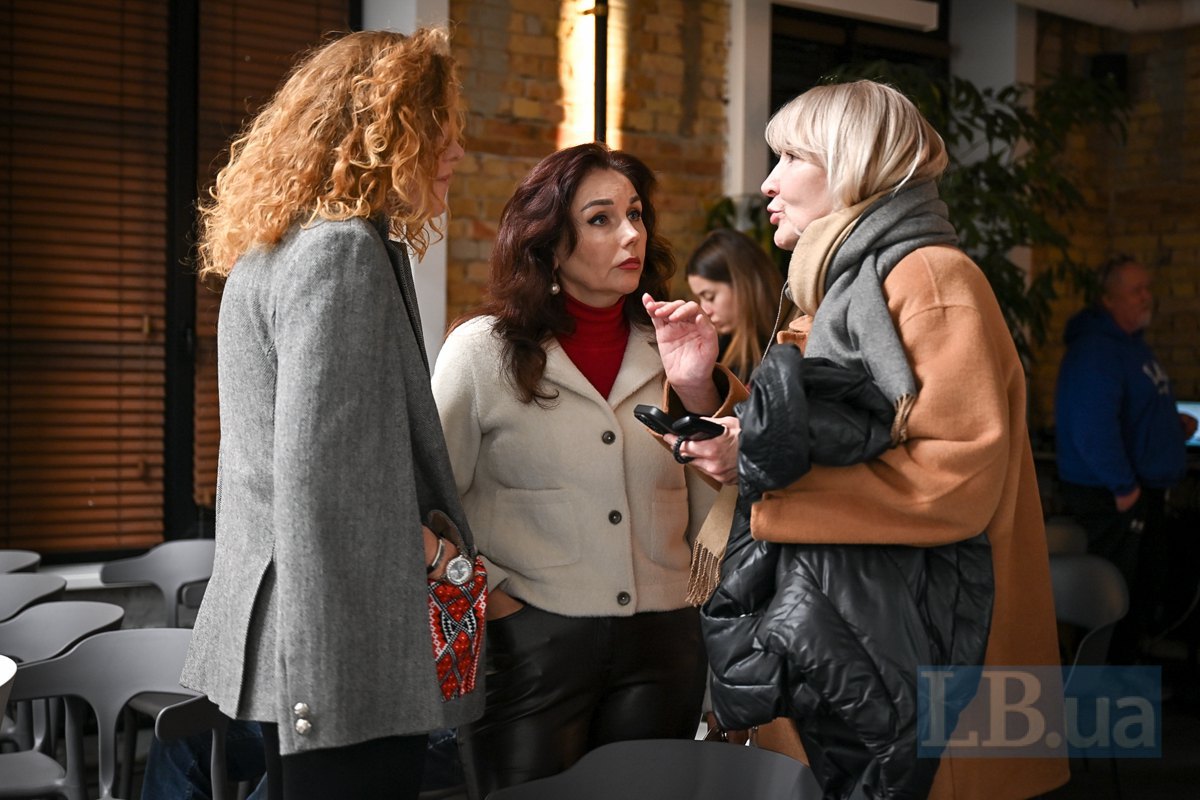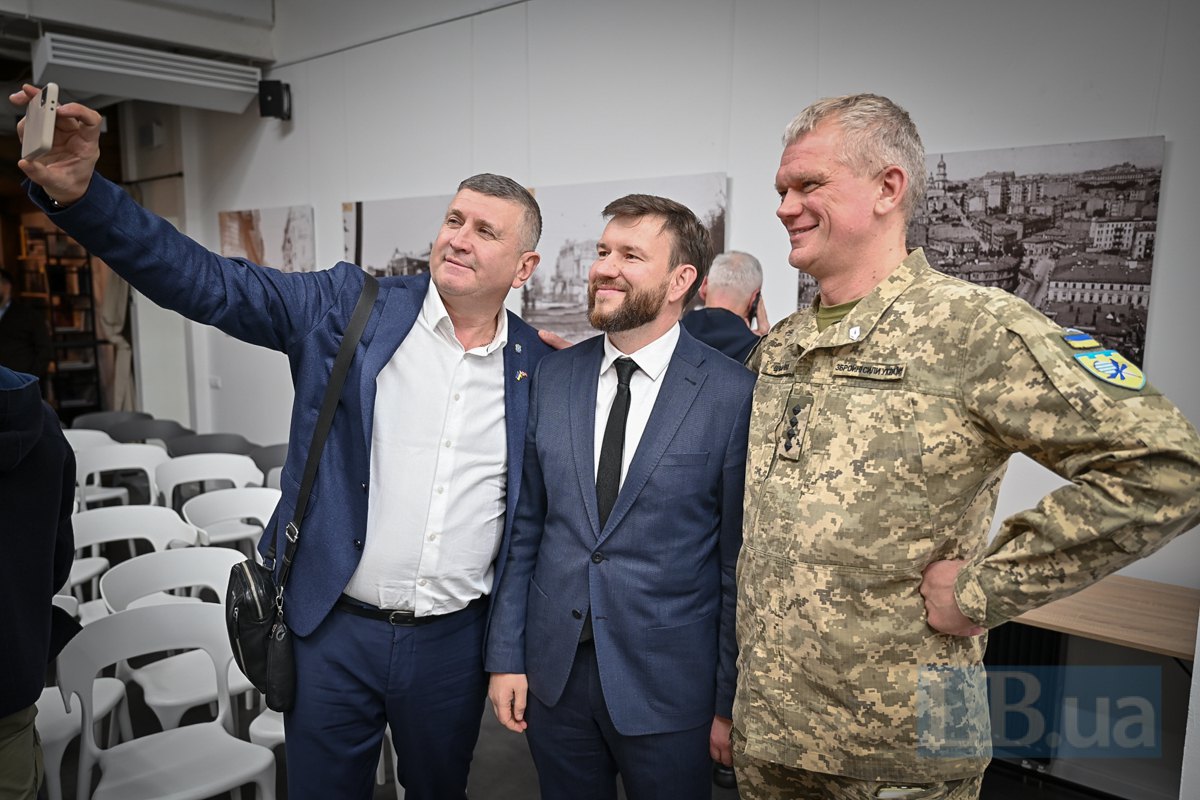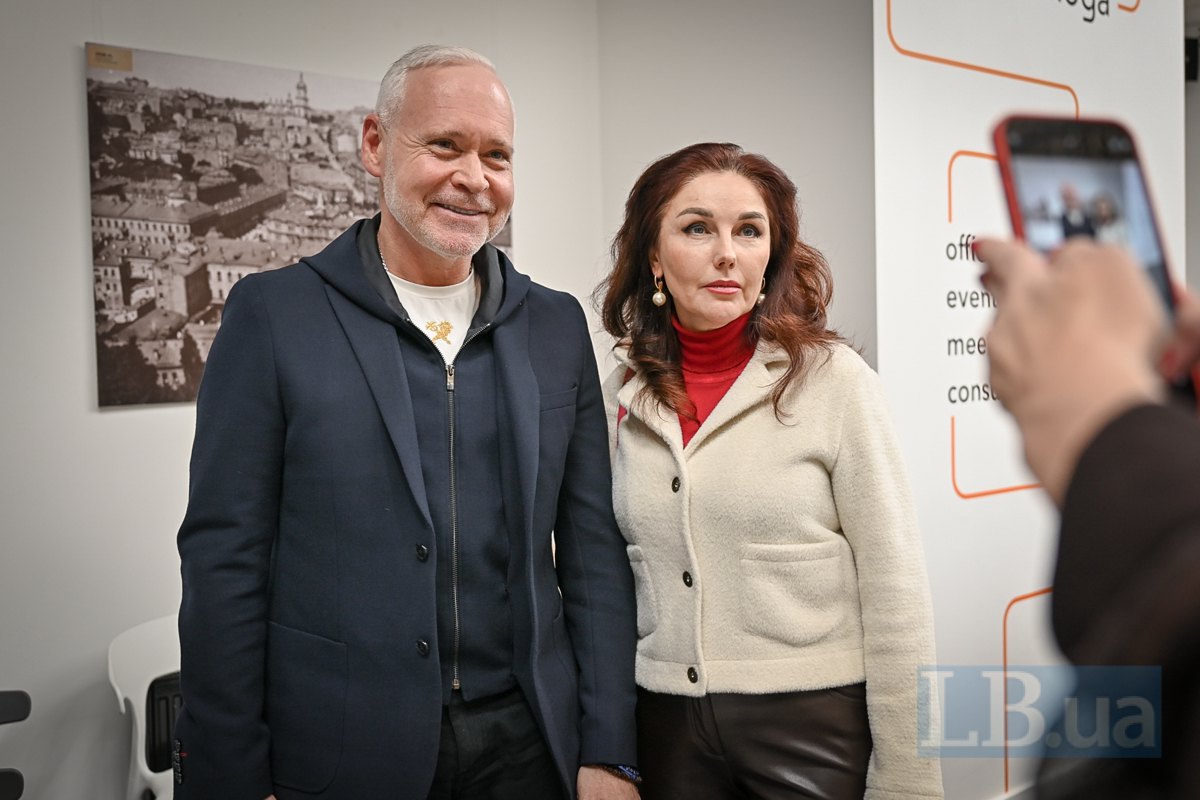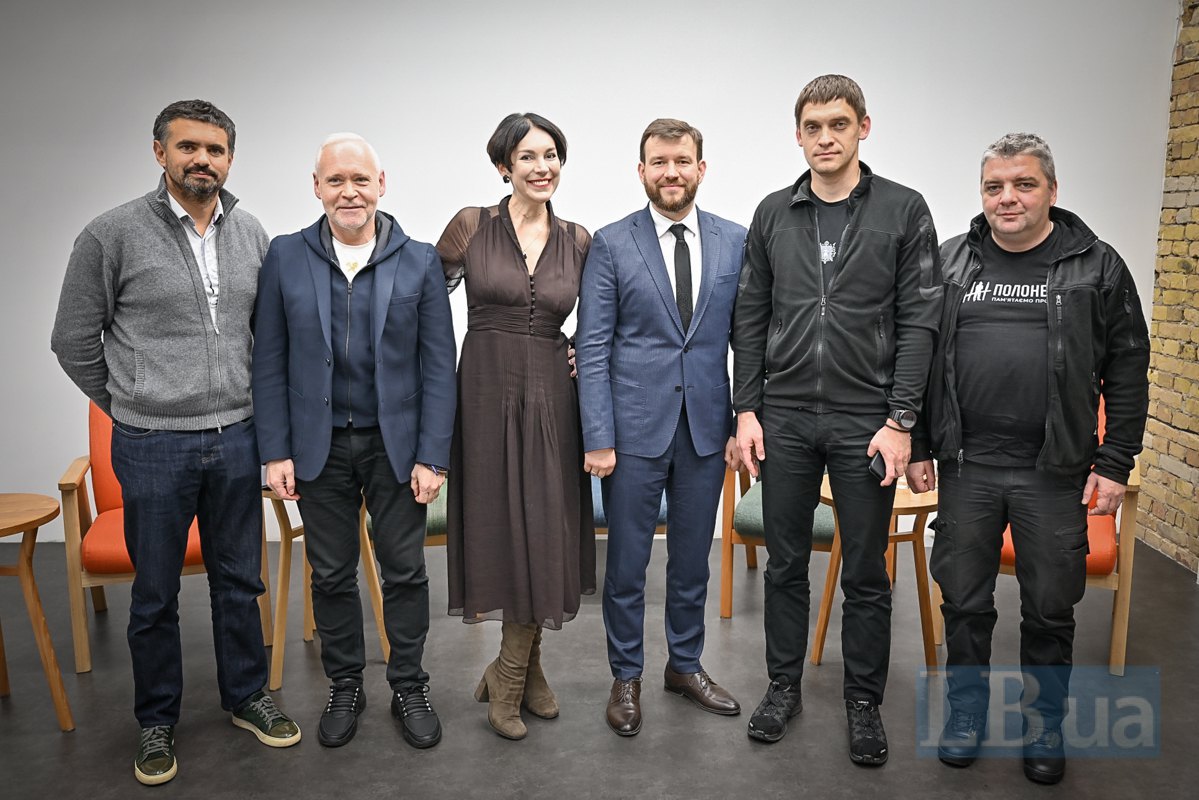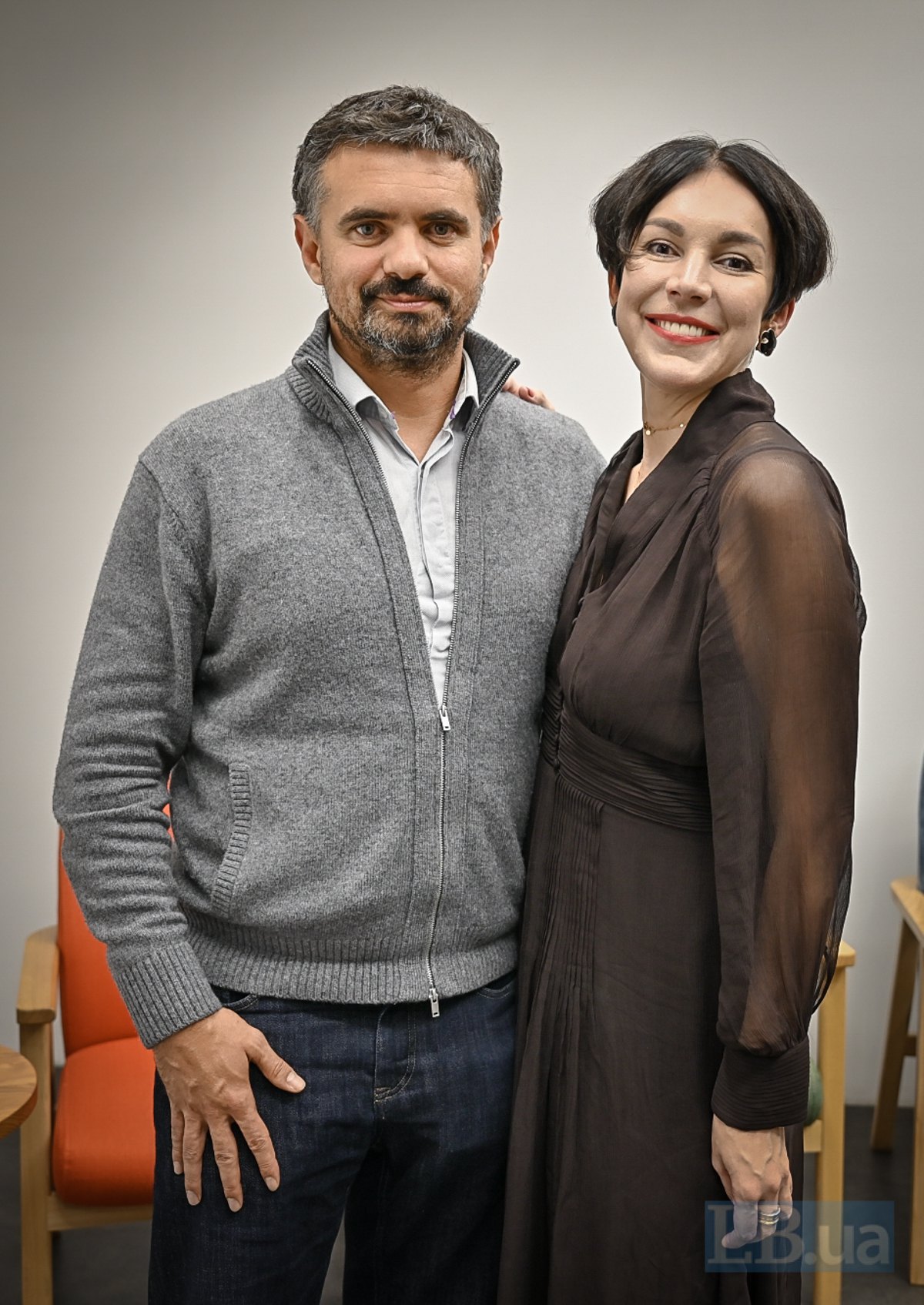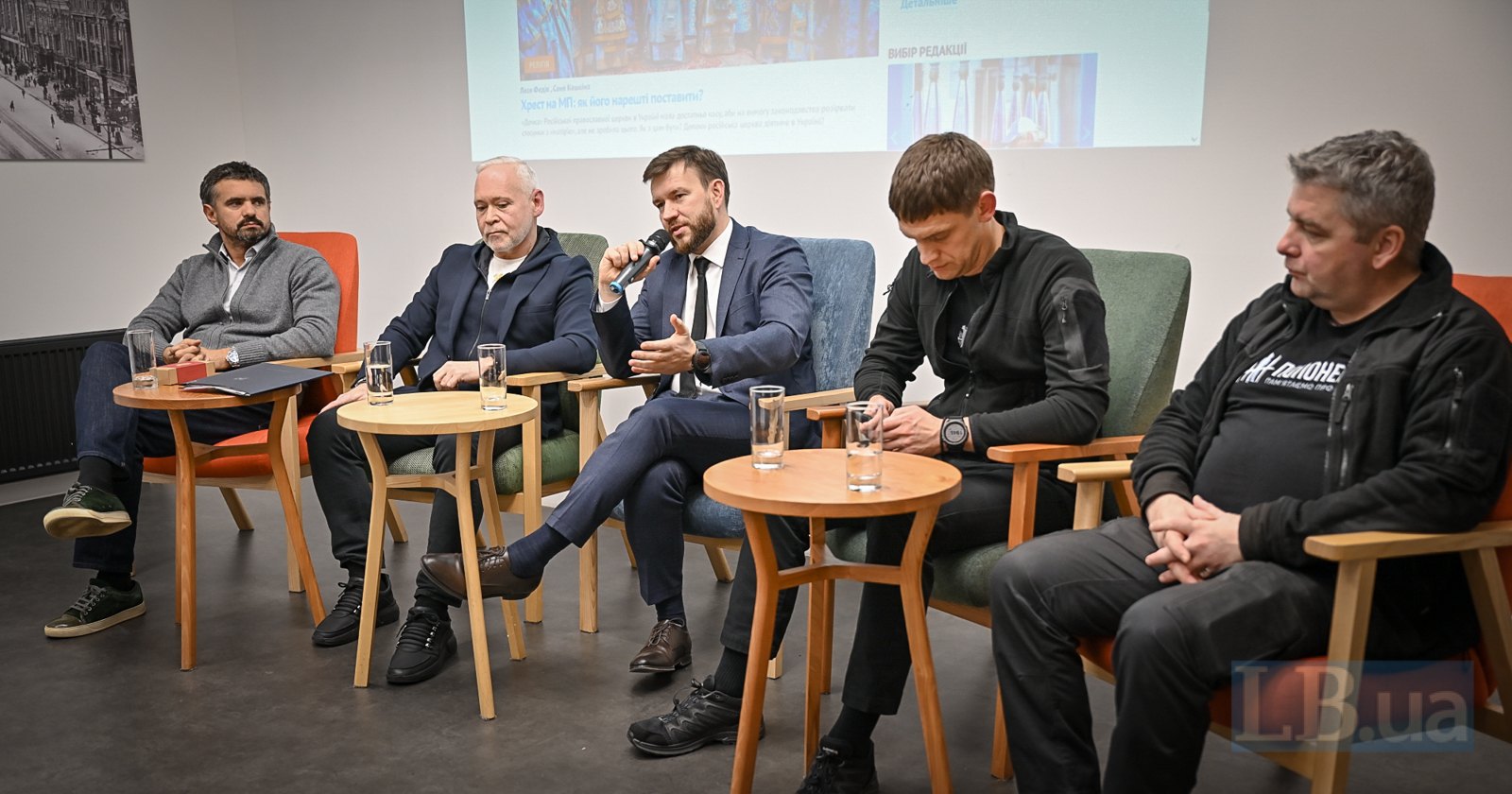‘Social justice. How the state does/does not help those affected by the war’ — this topic was the focus of the discussion panel, which took place as part of a joint project between LB.ua and EFI Group New Country, because the demand for justice in a country suffering from military action is extremely high.
How does the state work with temporarily displaced persons and how should it work? How does it ensure the rights of civilians who have been captured by the Russian Federation? What should it do to provide a decent response to the military's demand for justice? What is the social situation in the frontline regions? How can we talk about justice in the context of business? These and a number of other difficult questions were discussed by:
- Denys Ulyutin, Minister of Social Policy, Family and Unity of Ukraine;
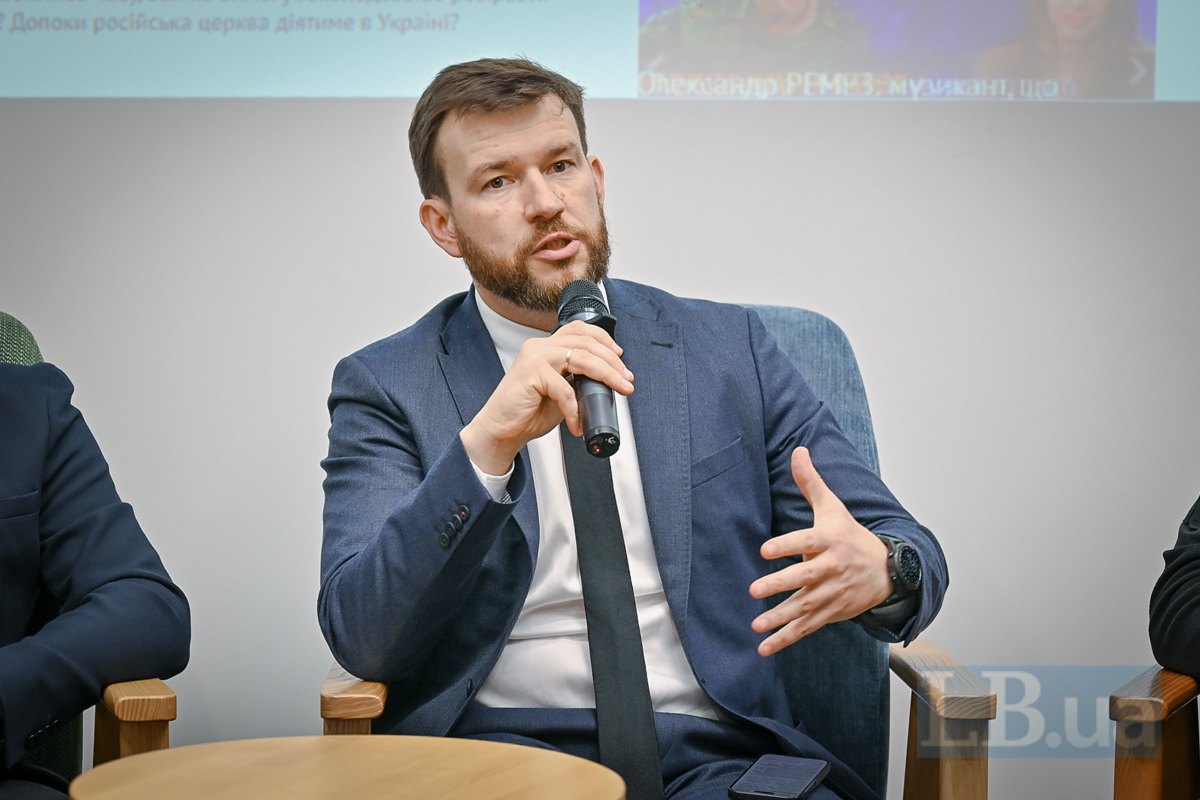
- Maksym Butkevych, human rights activist, co-founder of the Zmina Human Rights Centre;
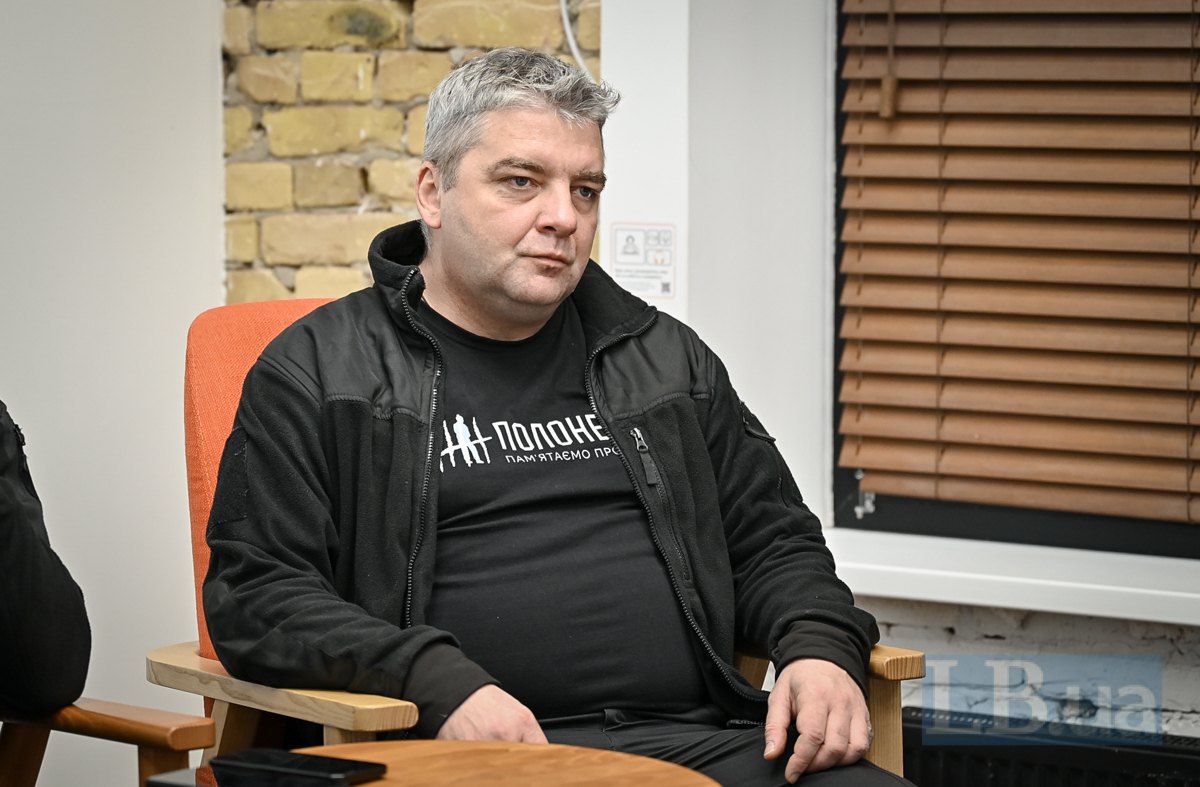
- Ihor Terekhov, Mayor of Kharkiv;
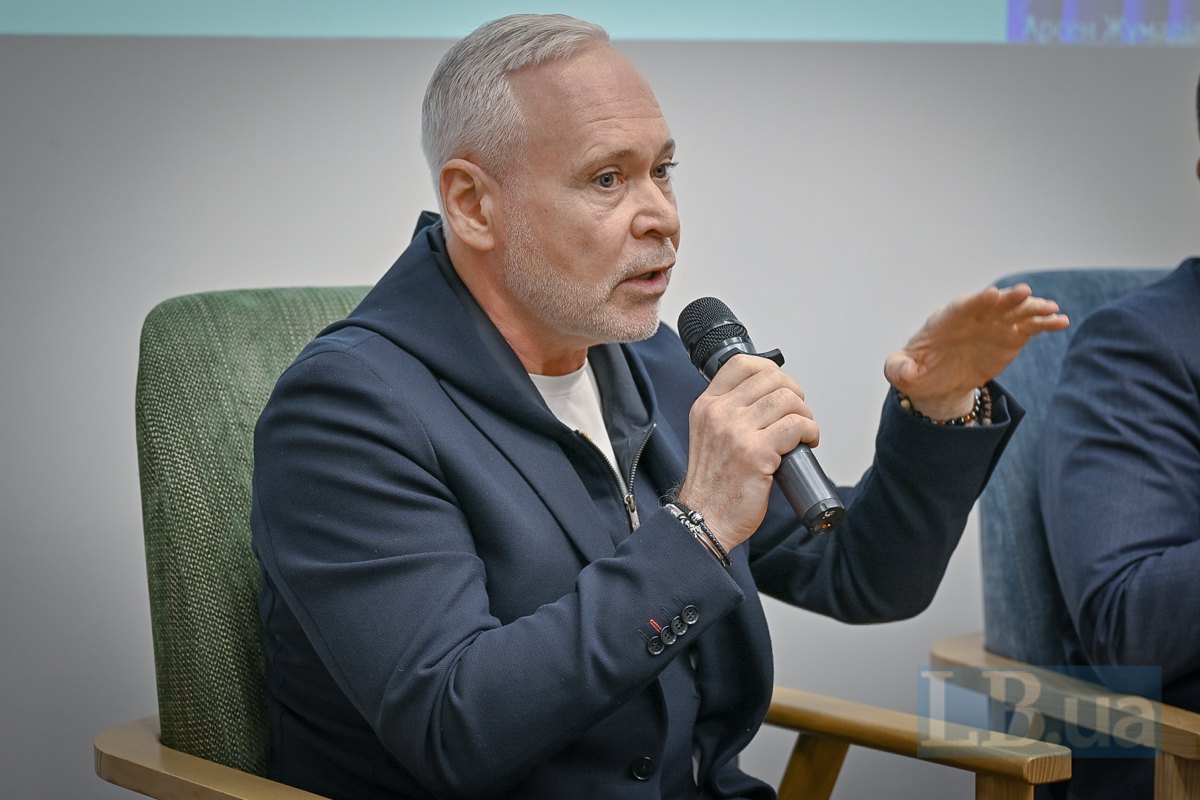
- Ivan Fedorov, head of the Zaporizhzhya Regional Military Administration;
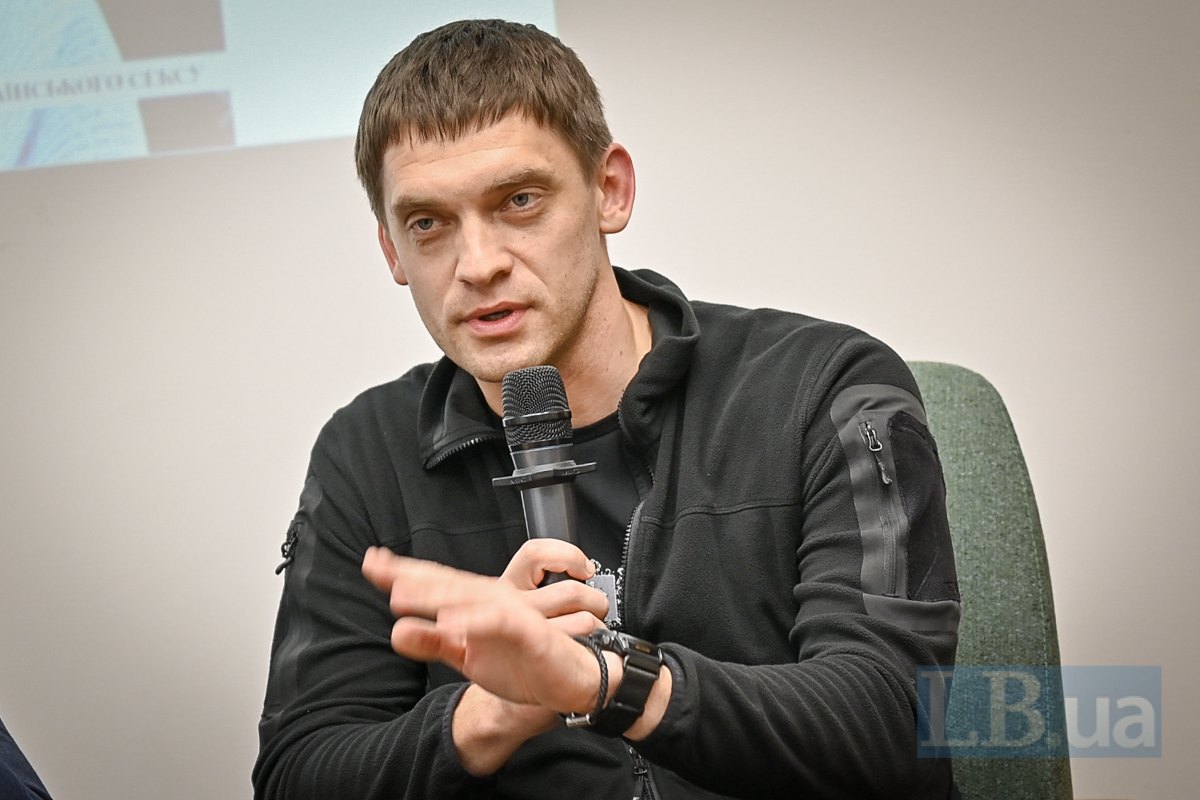
Ihor Liski, Chairman of the Supervisory Board of EFI Group.
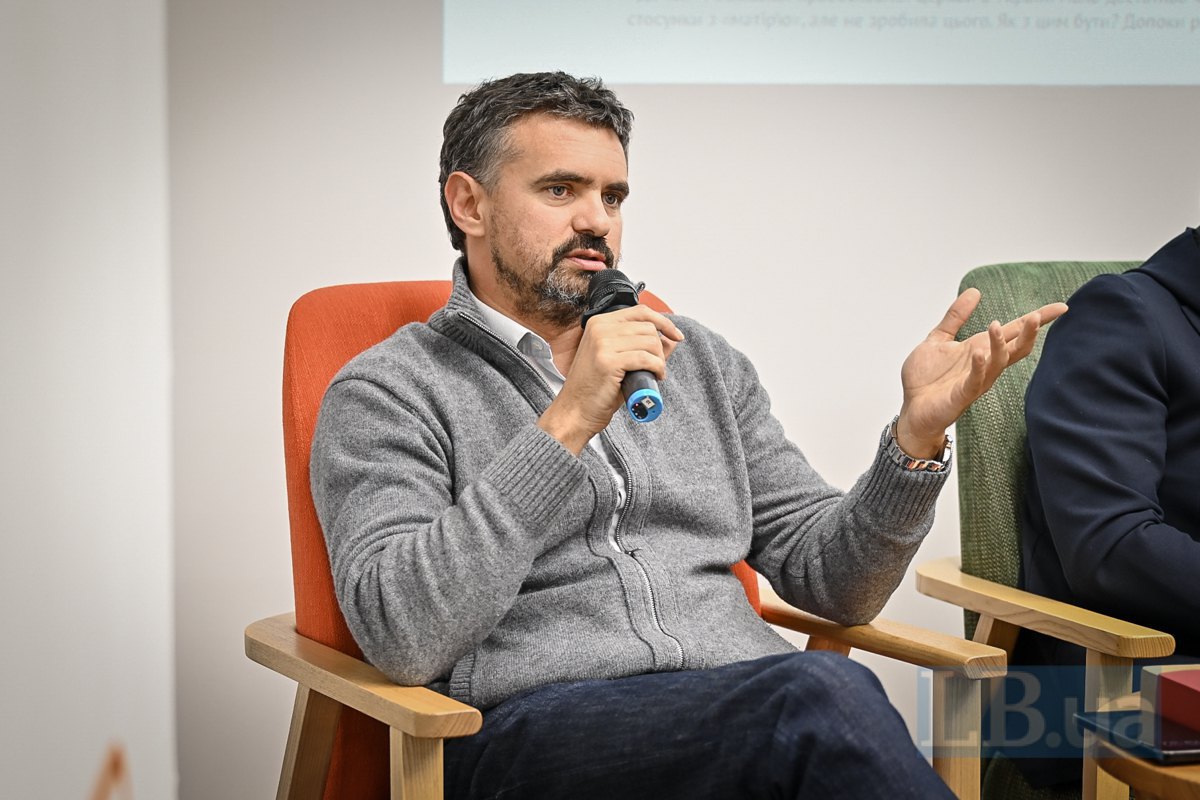
As well as entrepreneurs, MPs, and representatives of the public.
According to Social Policy Minister Denys Ulyutin, today's understanding of social justice often borders on social populism, and this paradigm needs to be changed. After all, the state currently has 15 million recipients of social benefits and will never be able to afford to maintain them without international partners.
"15 million recipients of any kind of social benefits. 15 million! The budget of the Ministry of Social Policy, exclusively within the state budget, is over 470 billion hryvnia. Add to this the single social contribution that goes to the Pension Fund, add all the payments to our NGOs, volunteers, international partners, and public organisations. Such a budget, let's be honest, is something that the state cannot afford. We simply cannot. We will never be able to without international partners.
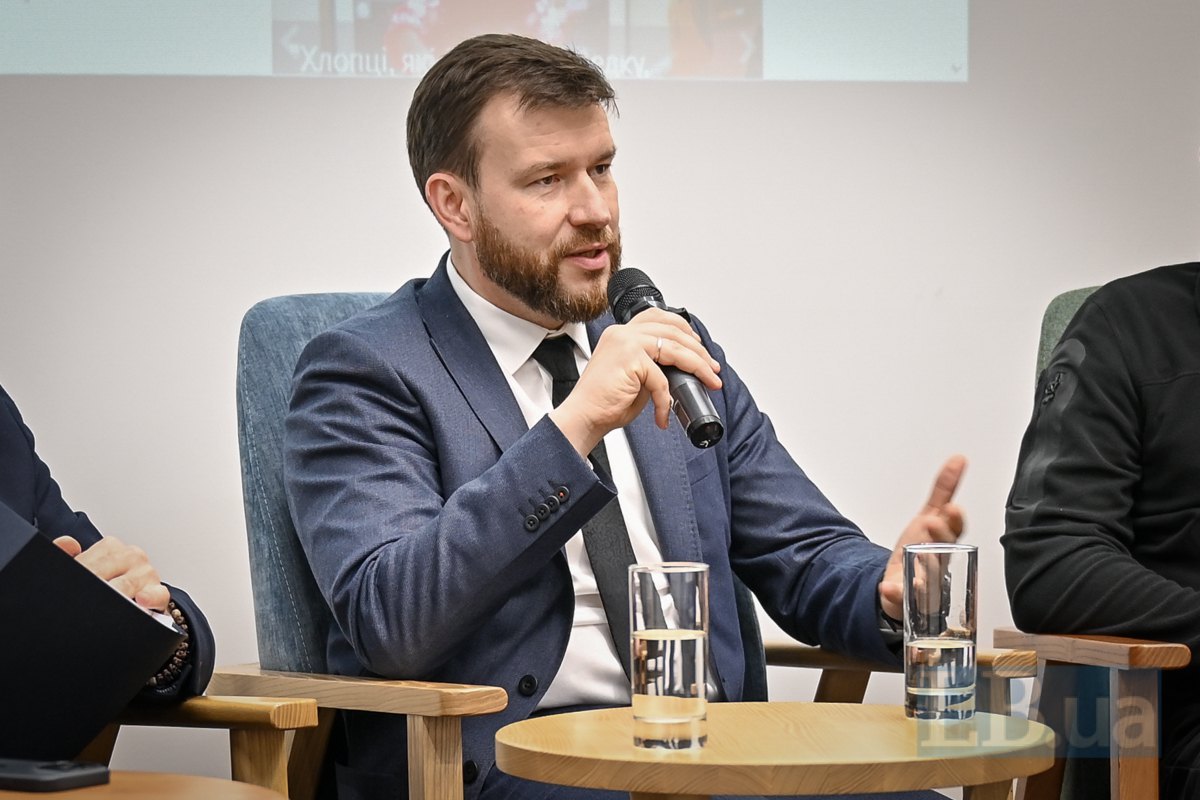
That is why we are talking about the Social Code today, because in fact this is a question of standardising all this social policy, which is not about giving those who really need it, but giving them a tangible amount, simply giving them a small sum, a payment, and forgetting about it for a month. Buying them off for a month.
We want to change this a little. Or not just a little. It depends on how the discussion goes in parliament, directly in our government, because this is an issue that everyone is trying to push aside," the minister said.
The topic of social justice is the main one that came up in conversations with prisoners of war, says human rights activist and co-founder of the Zmina Human Rights Centre, Maksym Butkevych, speaking from his own experience.
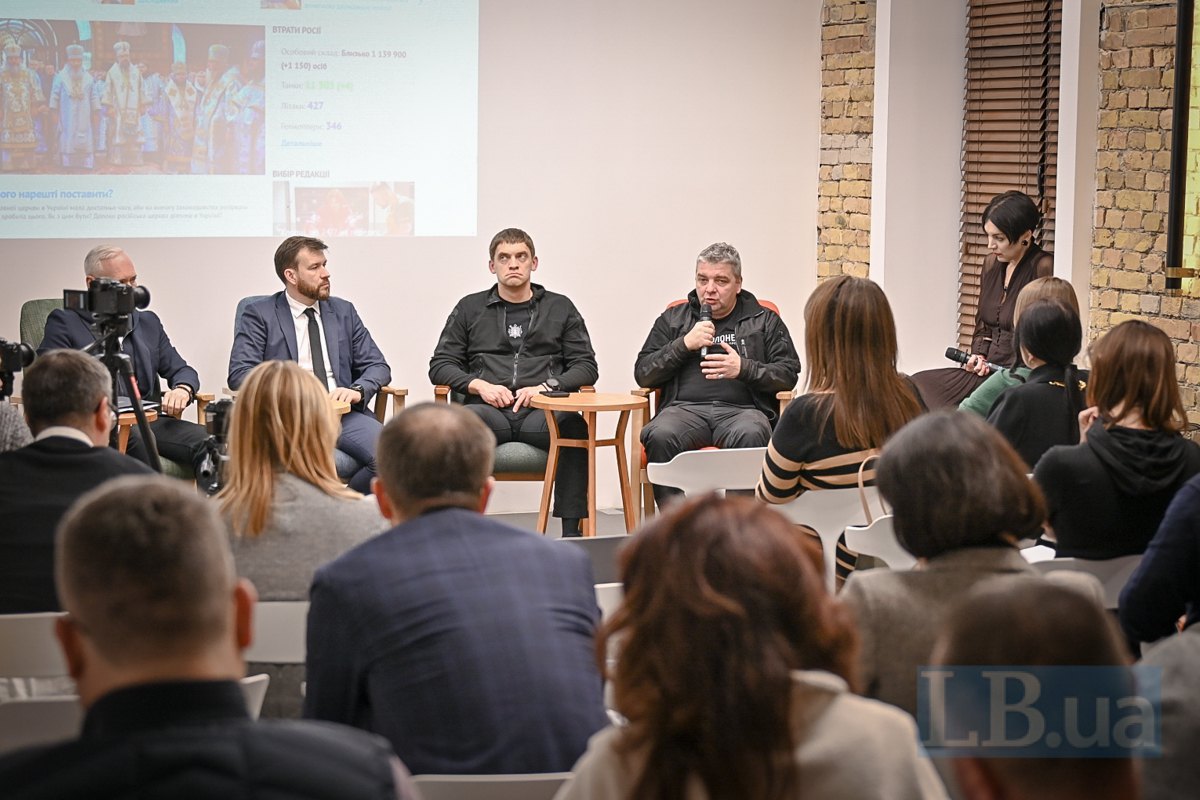
We discussed access to education for children. We discussed medical care, and, to paraphrase, decent wages and labour rights, because the vast majority of Ukrainian soldiers with whom I was held captive are not professional soldiers and never intended to be. These are mainly people who work with their hands, not only, of course, but they are builders, miners, drivers, farmers. The same goes for teachers. People with different life experiences, but all with a huge demand for social justice.
They aspire to be released, and they all have not just hope, but conviction, with the exception of some depressive episodes, that sooner or later they will all return, that they will return to a country that is not just better and independent, but also more just," said Maksym Butkevych.
“Internally displaced persons,” says Ivan Fedorov, head of the Zaporizhzhya Regional Military Administration, "are a global growth point for our state and our identity. Why? I have seen tens of thousands of internally displaced persons and communicated with thousands of them. The typical portrait of an IDP is a person who has made a conscious choice in favour of Ukraine." Do these people receive adequate assistance? No, admits the head of the RMA. But the state must try to do so.
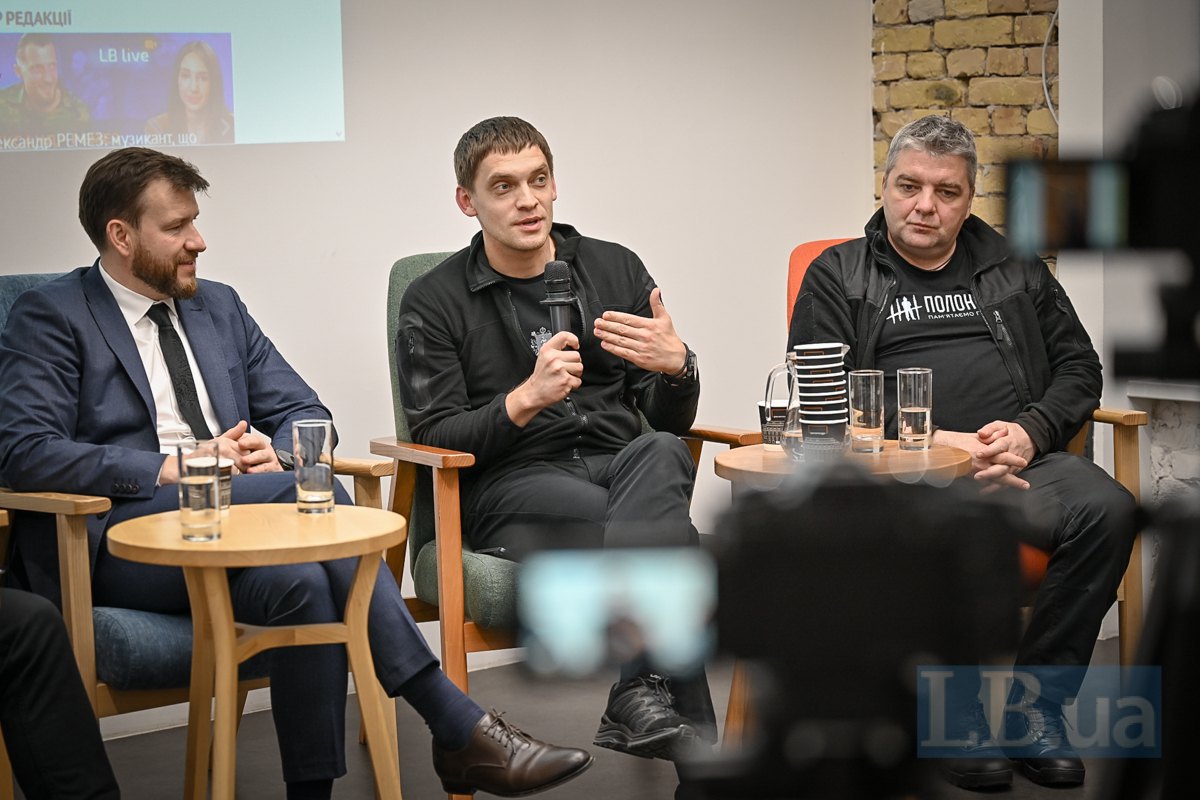
“But we also need to understand that not all displaced persons need help. And this should also be honestly acknowledged. There are displaced persons who left with money, who were able to take their property with them, who were able to get back on their feet. Do they need help? That is a moot point. There are also those, and this is a provocative category, who do not want to do anything and believe that the state owes them everything. This is also not entirely fair.
But what should the state do? The state must provide a basic package necessary for every person who has made their choice in favour of the state. What is a basic package? If there was housing in the occupied territory, we must provide housing in the controlled territory. This is a basic need. Should we give privileges to displaced persons in employment? Yes, we should.
Is anything being done today to provide housing? A large number of completely different projects are being implemented. Are they enough? Not yet. Because the state is at war. Now the MPs are going to adopt the budget, and we understand where most of this budget will go," said the head of the frontline regional administration, outlining the situation.
According to Kharkiv Mayor Ihor Terekhov, since the beginning of 2022, 4,000 houses have been restored in the city using local funds, out of a total of 12,000 that were destroyed. The city is actively rebuilding schools, kindergartens and hospitals, providing free travel for all passengers on public transport and offering business incentives to solve the main problem: keeping people in the region. And it needs state support to do this.
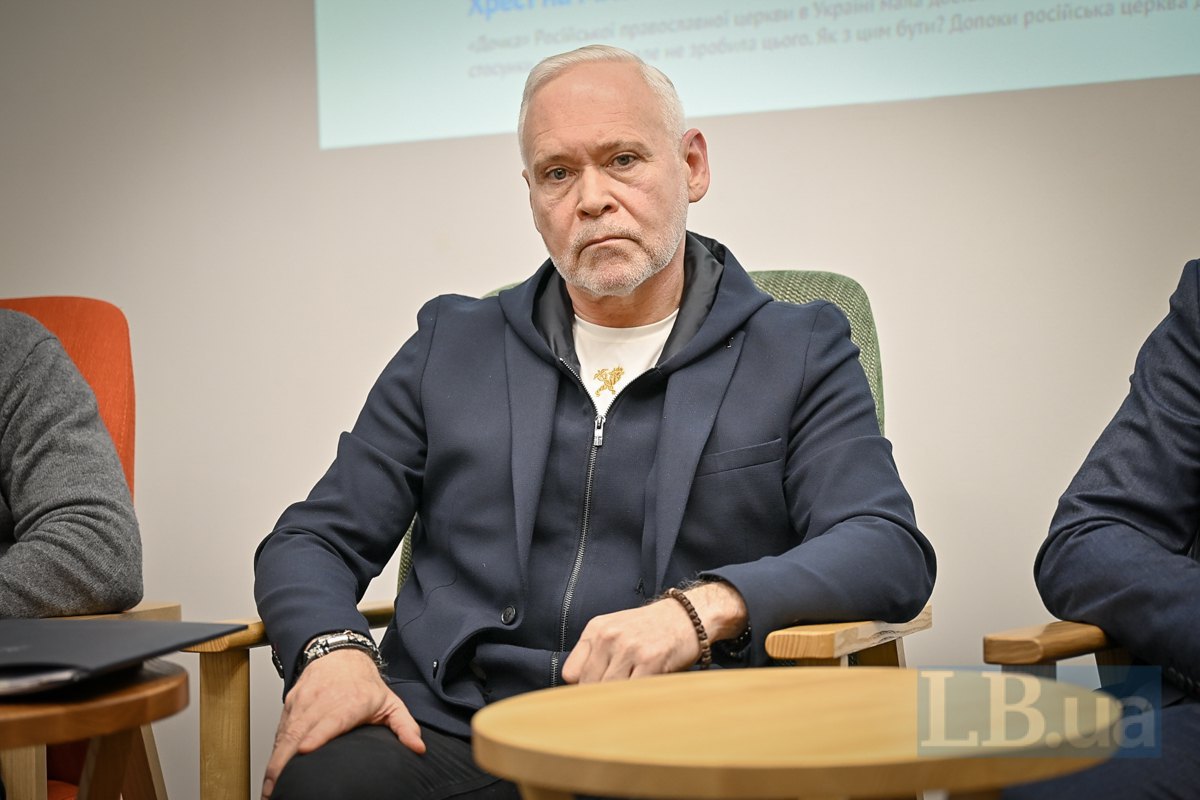
"If children do not go to school, people will leave the cities. If people have nowhere to receive medical treatment, they will leave the cities. If people have nowhere to work, they will leave too. ...
If we want to preserve working cities, if we want to keep businesses from relocating, we need help. We have abolished local taxes and fees for all businesses without exception. They now have working capital. And when they consider whether to leave the city or not, they choose the latter," says the head of Kharkiv. And, in his opinion, it would be fair for the state to compensate frontline cities and territories for the cancelled taxes and fees that are given to enterprises as benefits.
The demand for justice in the country is a natural response to an unjust war, believes businessman and chairman of the supervisory board of EFI Group, Ihor Liski. But, in his opinion, we still have a somewhat ‘Soviet’ view of seeking justice from the state.
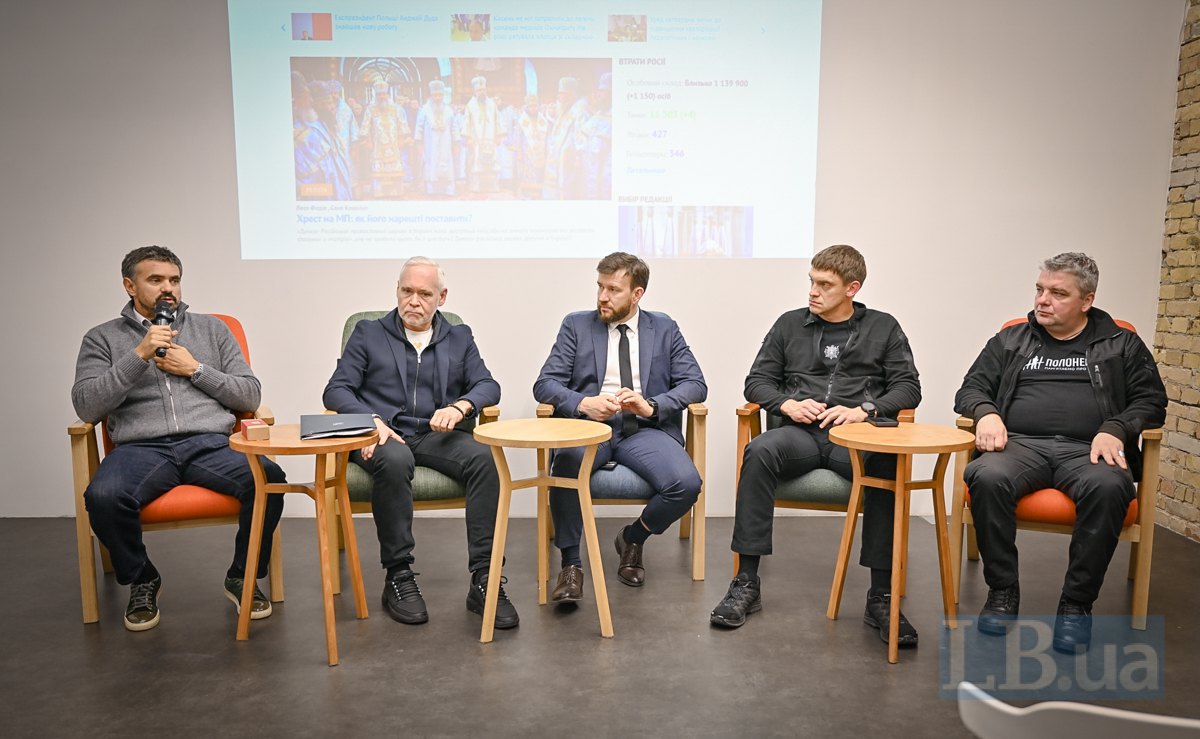
We are used to the idea that the state owes us all something. And, in principle, it's a convenient story. It was imposed back in Soviet times, when the state was responsible for everything: you were born into state ownership, it provided you with a profession, a job, healthcare; your only freedom was to give your life for your country somewhere in Afghanistan or elsewhere.
But if we want to live with dignity and true freedom, we need to rethink this. Two rockets hit my factory, and everyone asks me: is the state doing anything for you? But in this artificial experiment, I replaced the word "state" with "society," and that slightly changes the meaning of the phrase. That is, how we all, united as a state, respond to all these challenges. Then such a small change in nuance begins to build priorities," said the businessman.
Read the full speeches of the speakers, as well as a detailed account of the discussion on the search for social justice in the country, coming soon on LB.ua.
